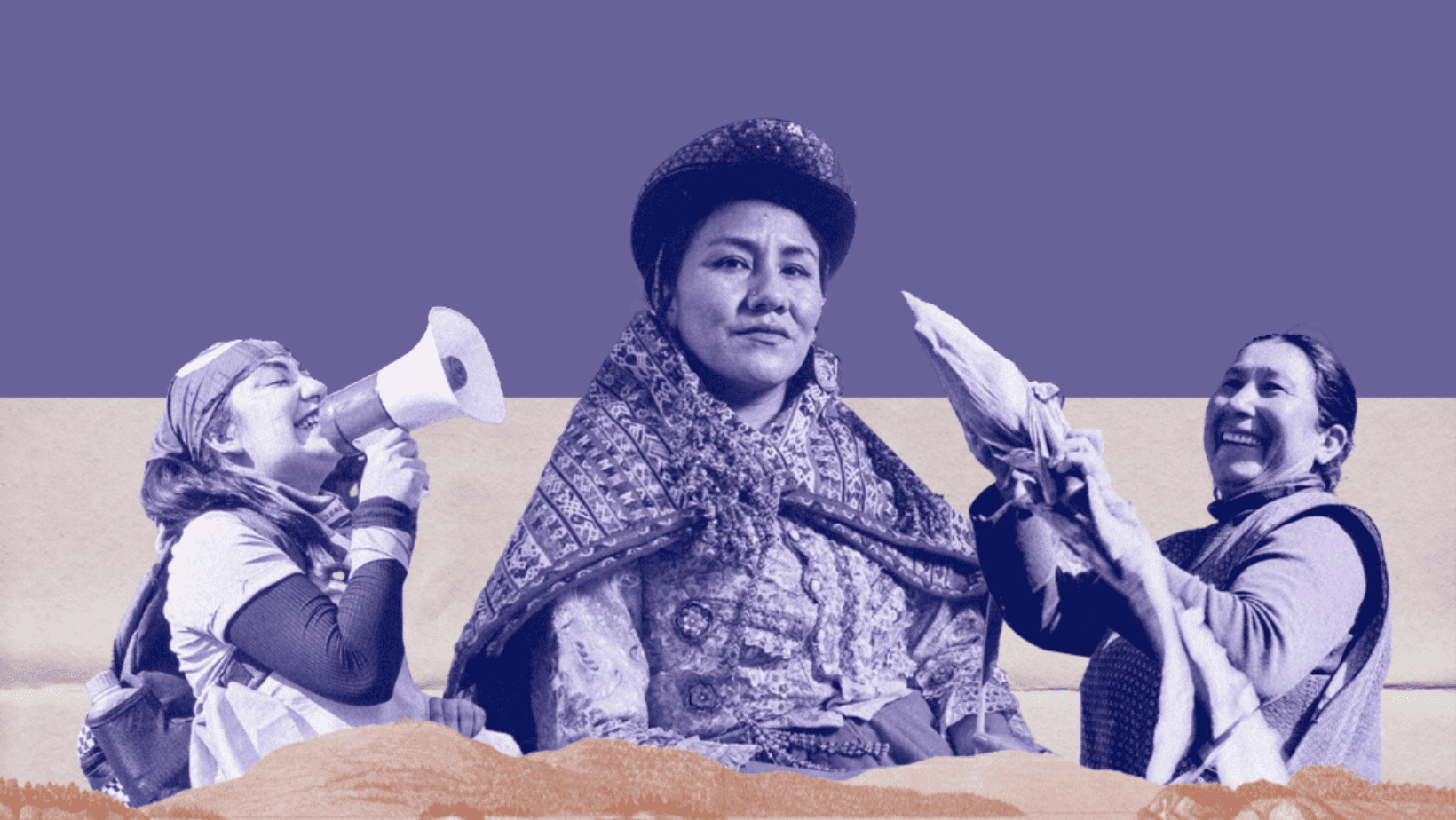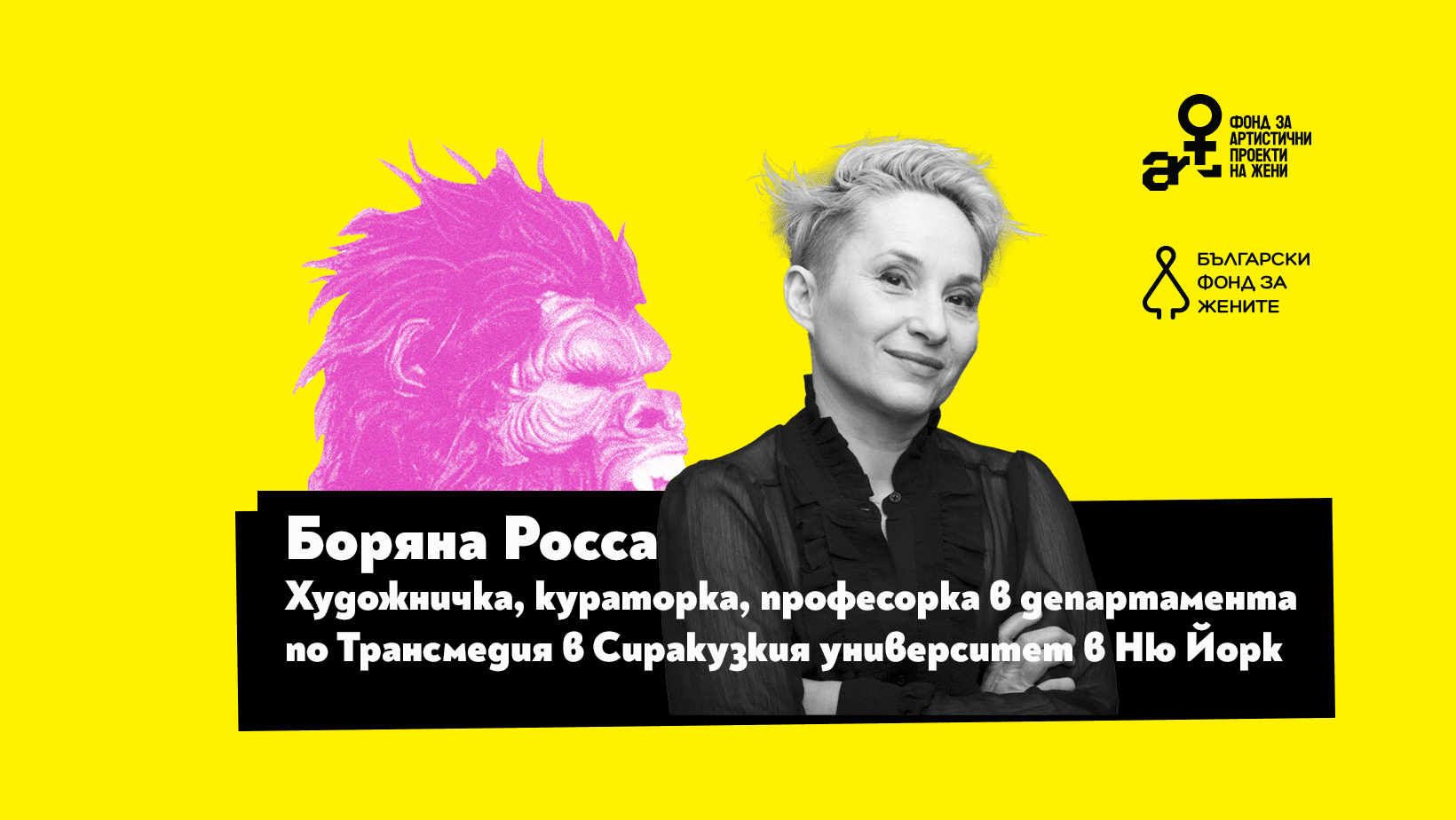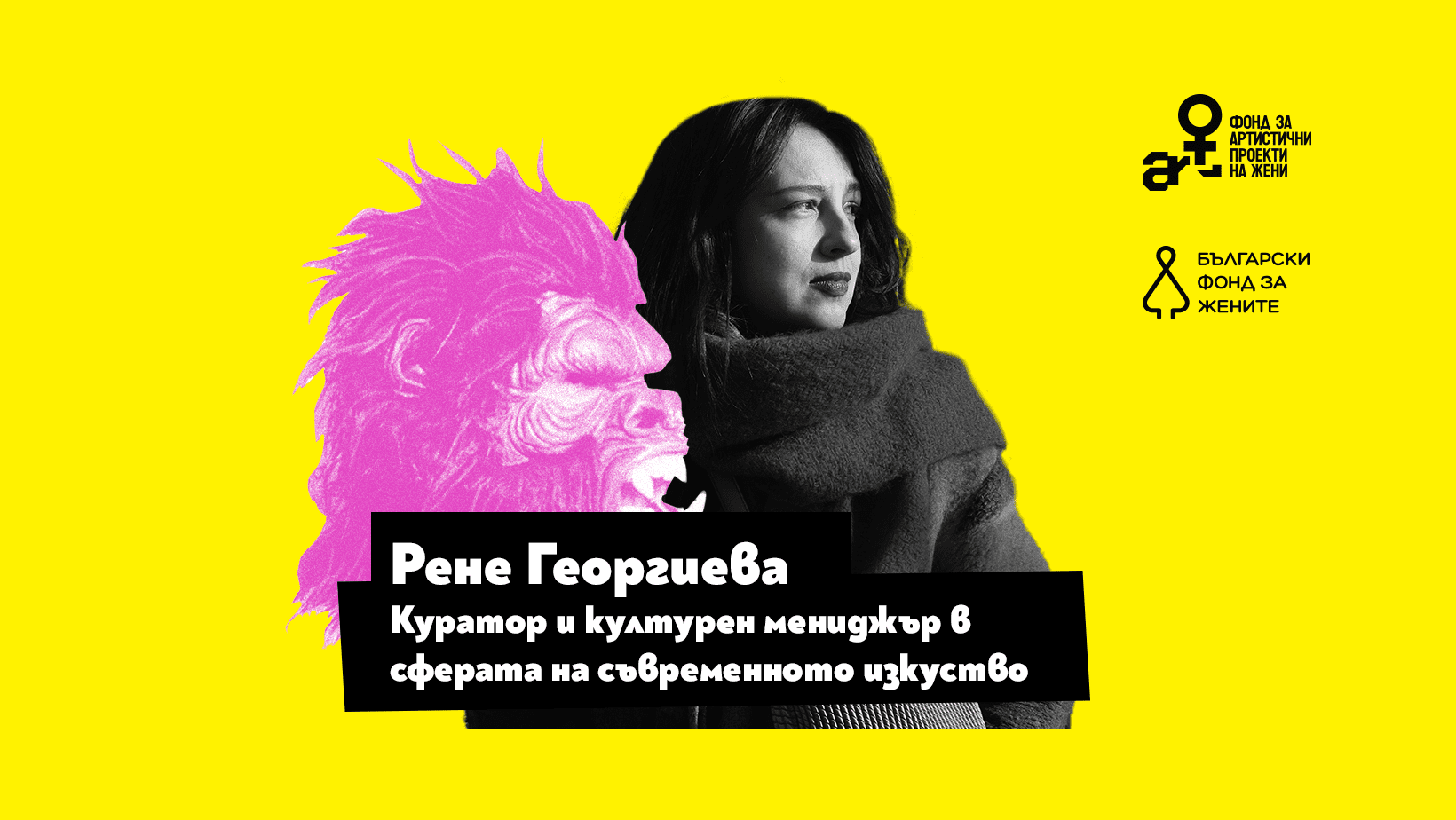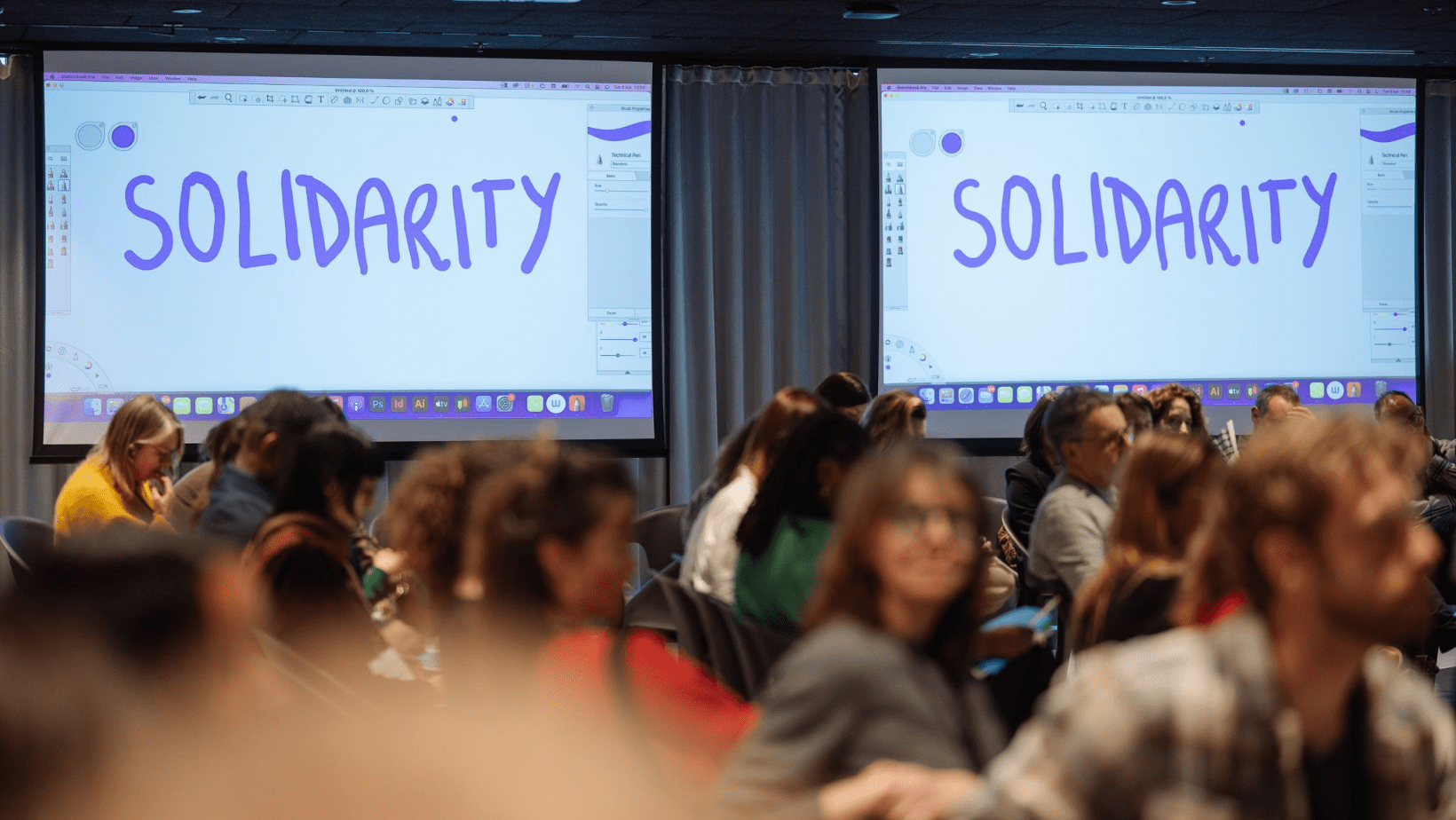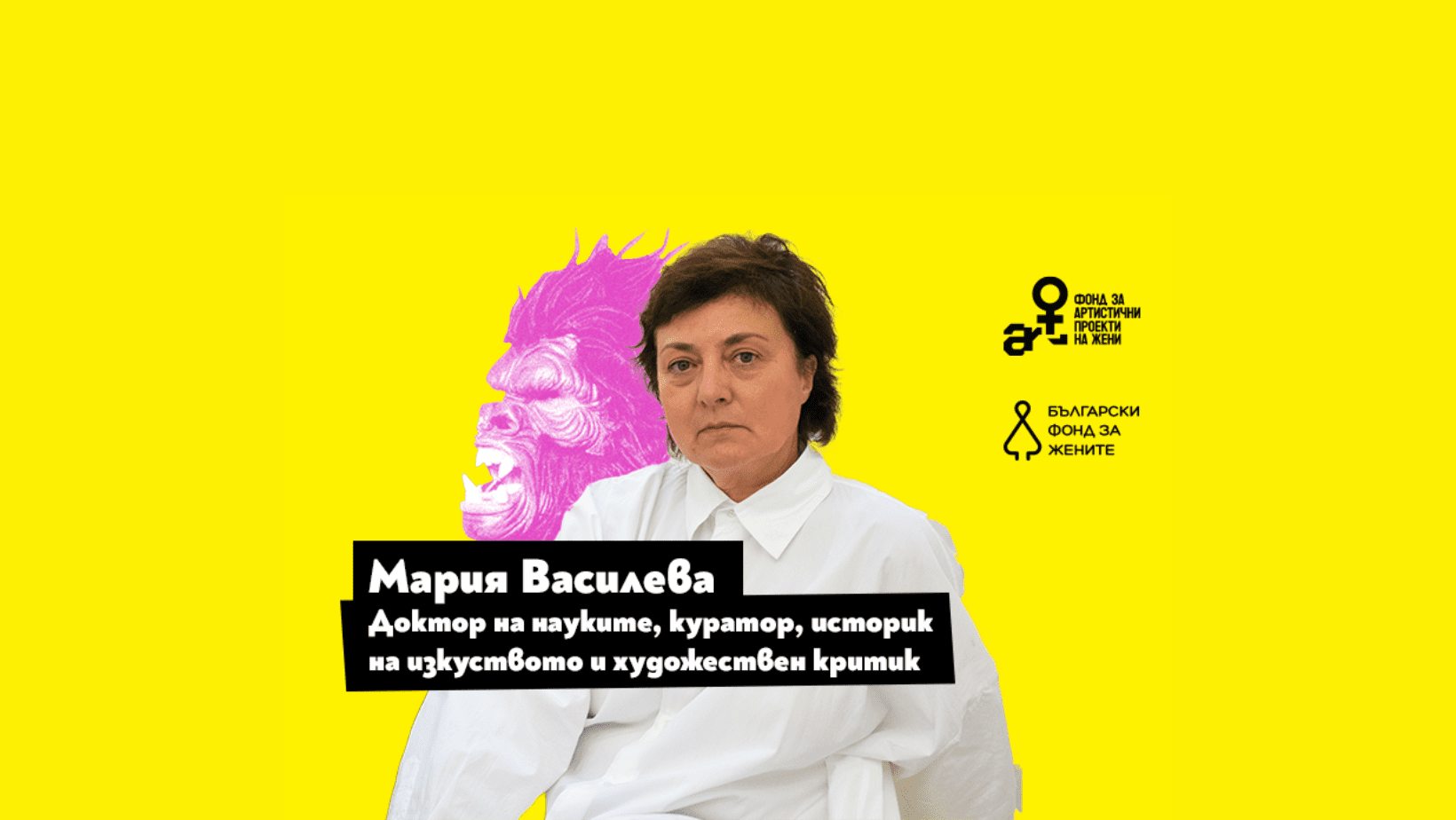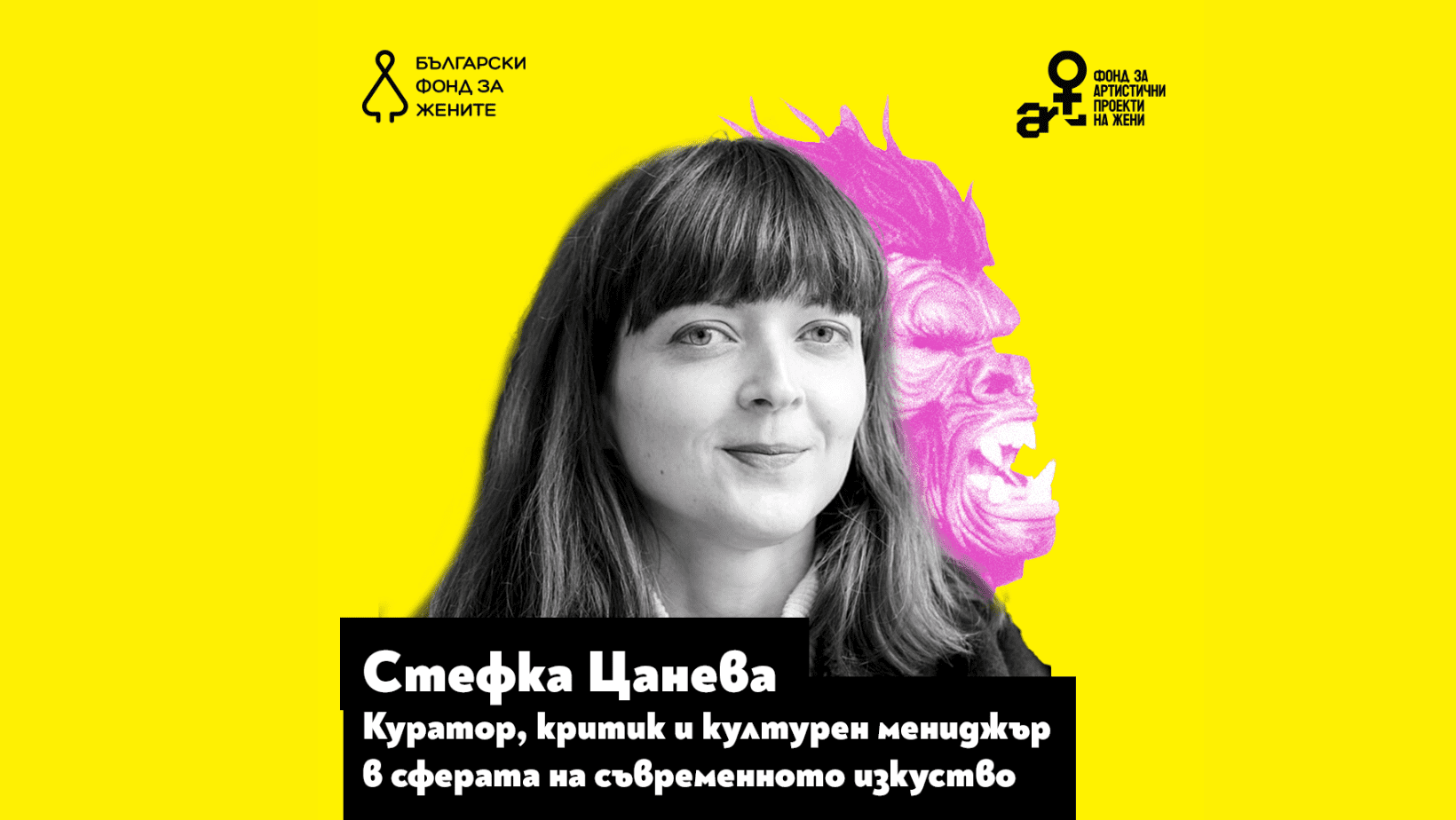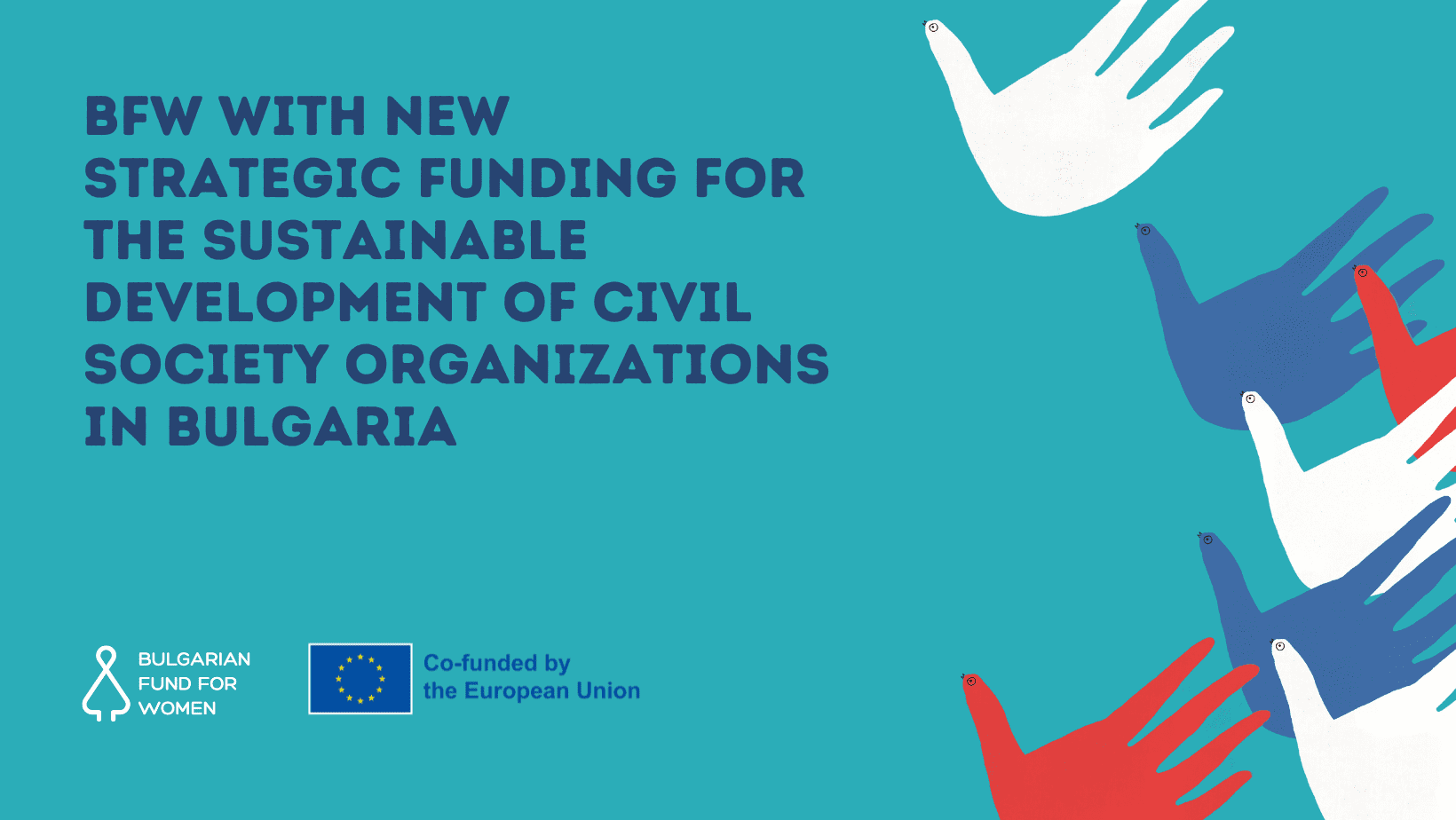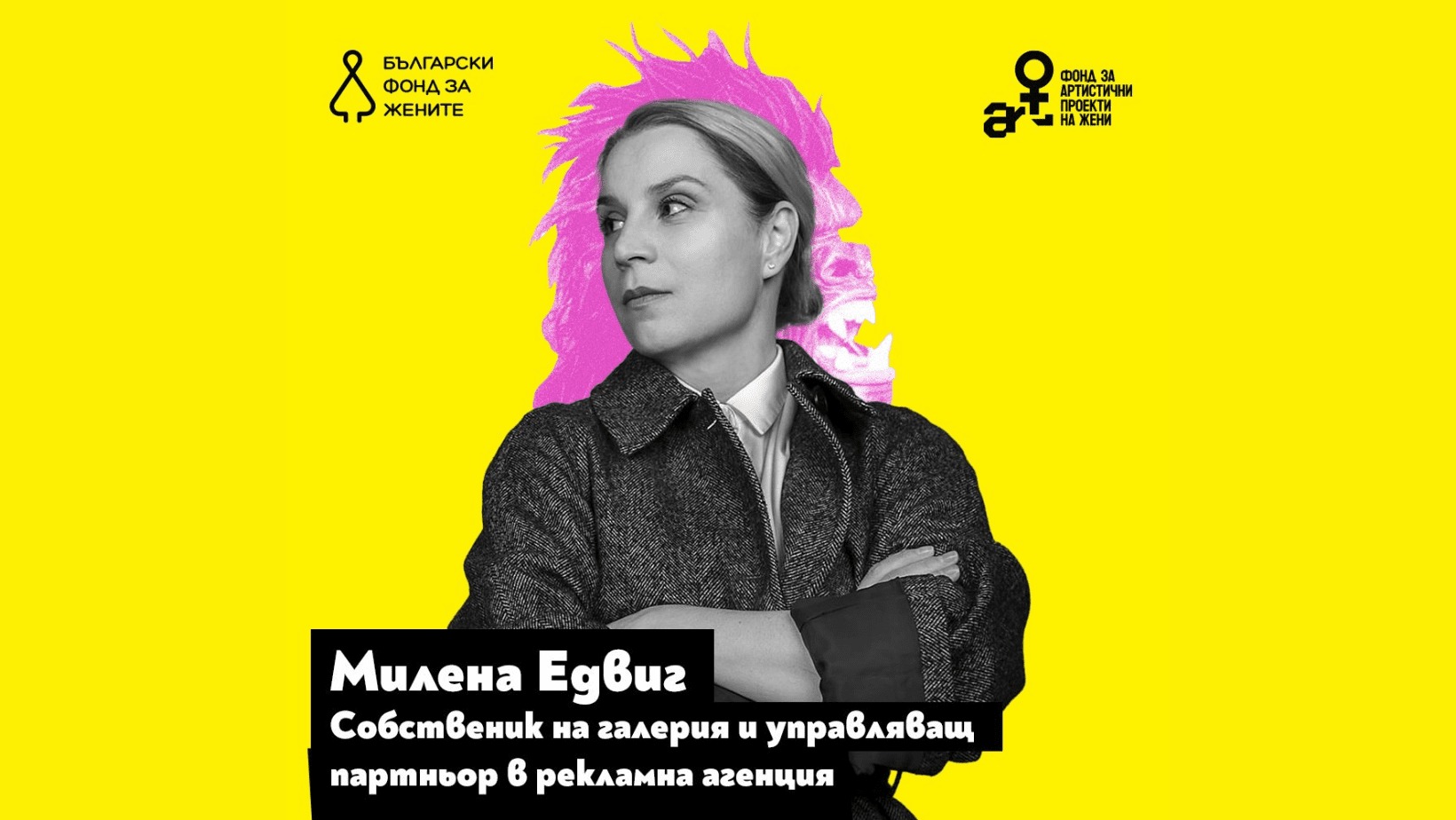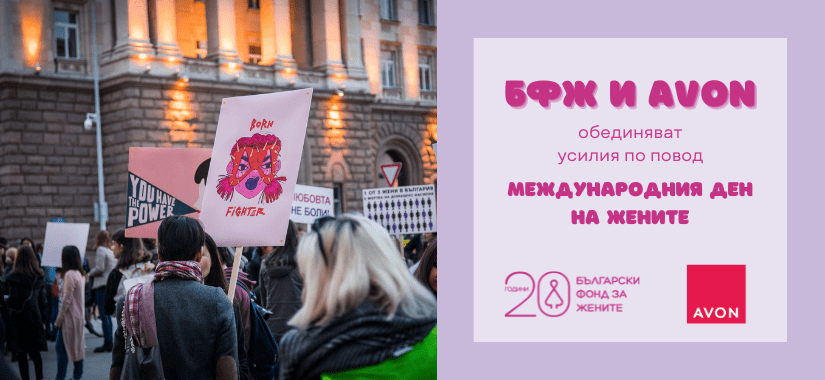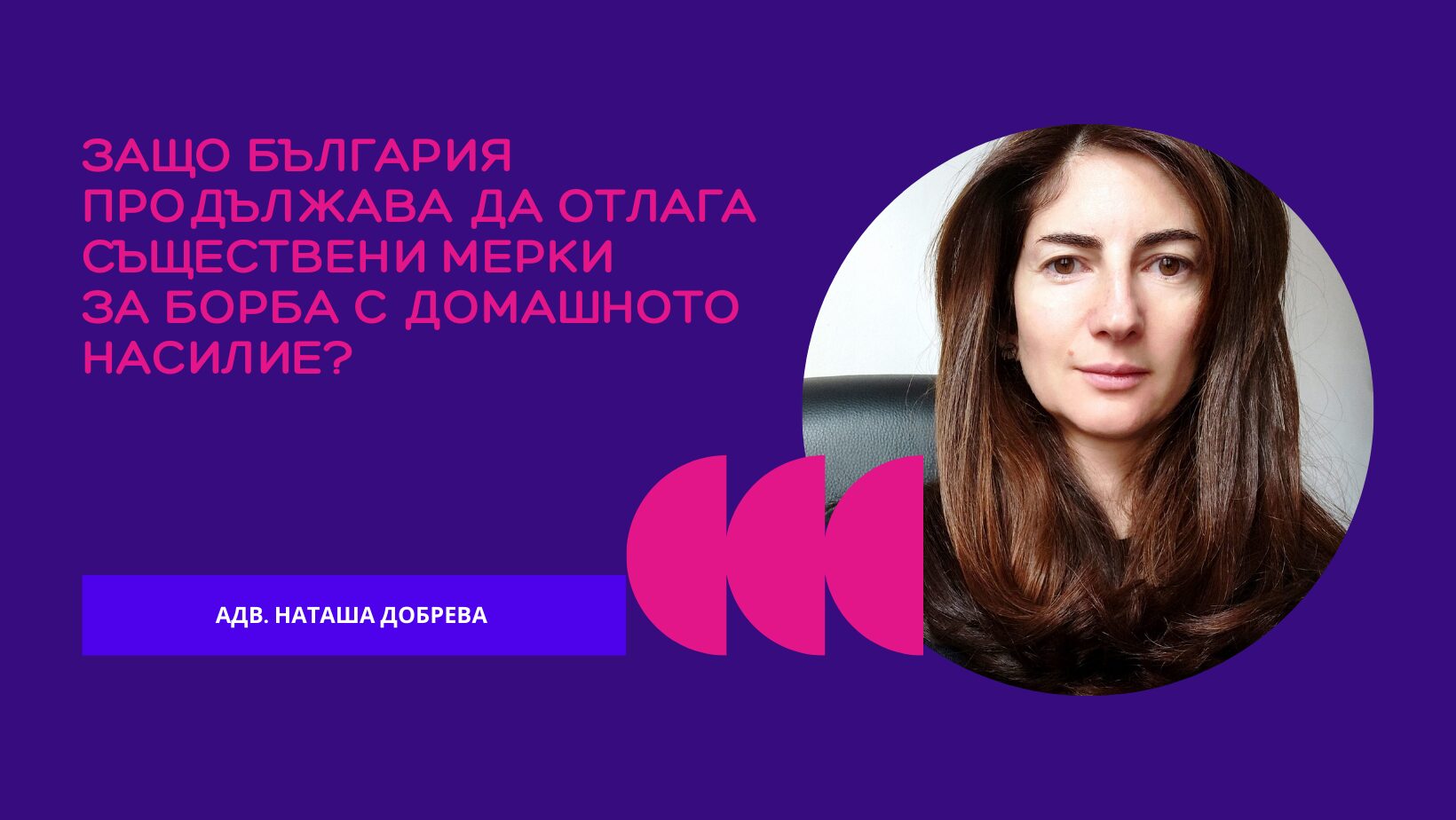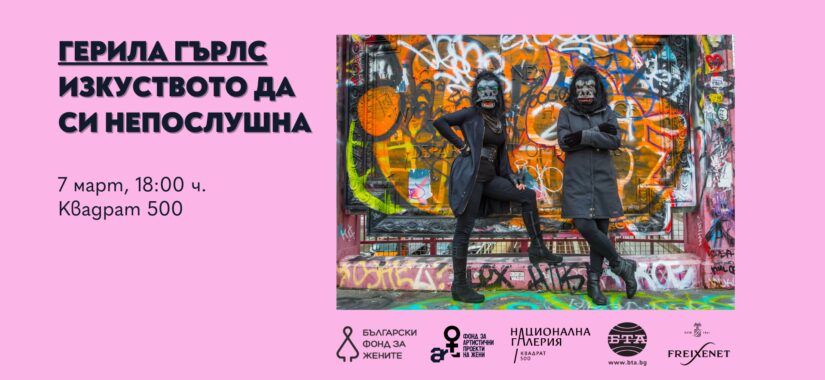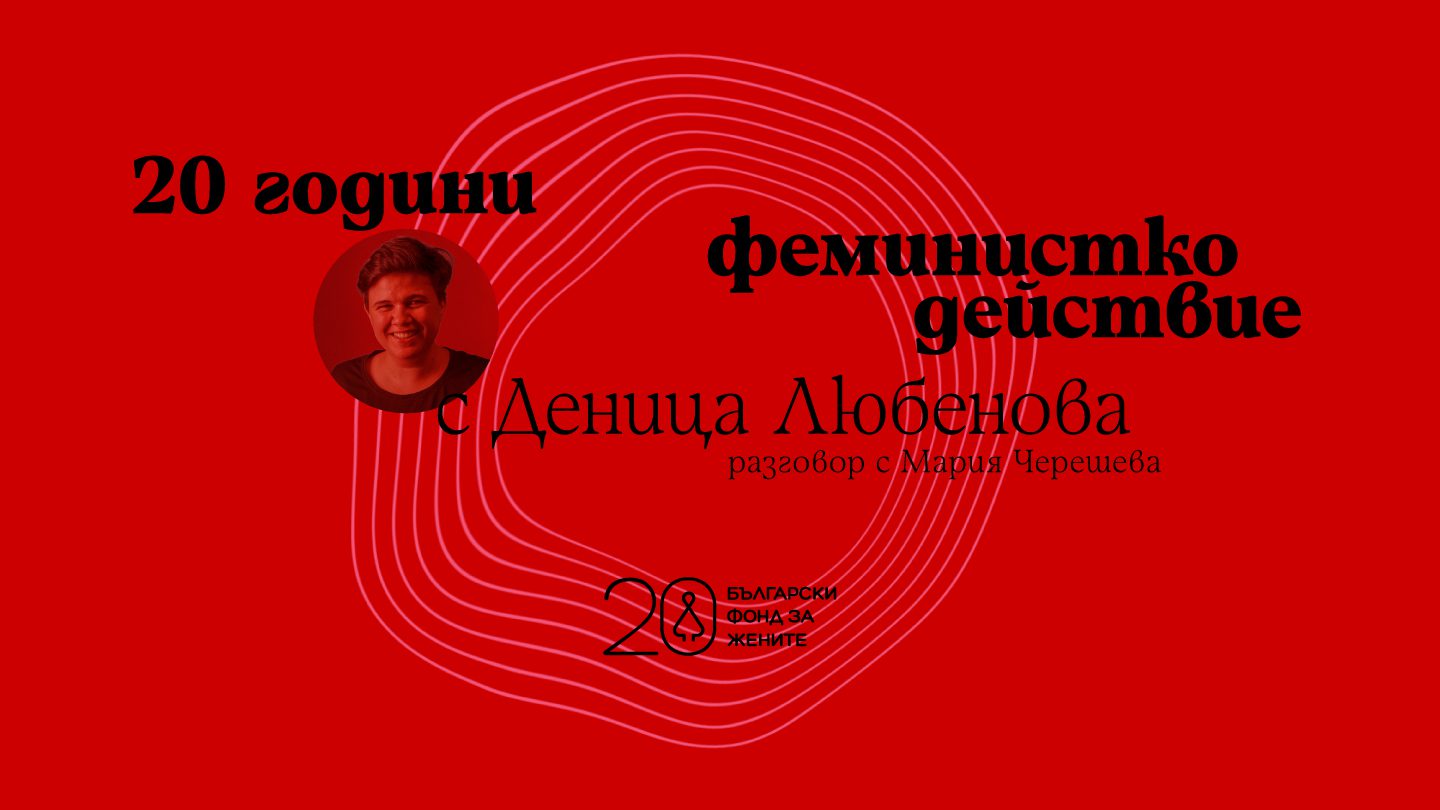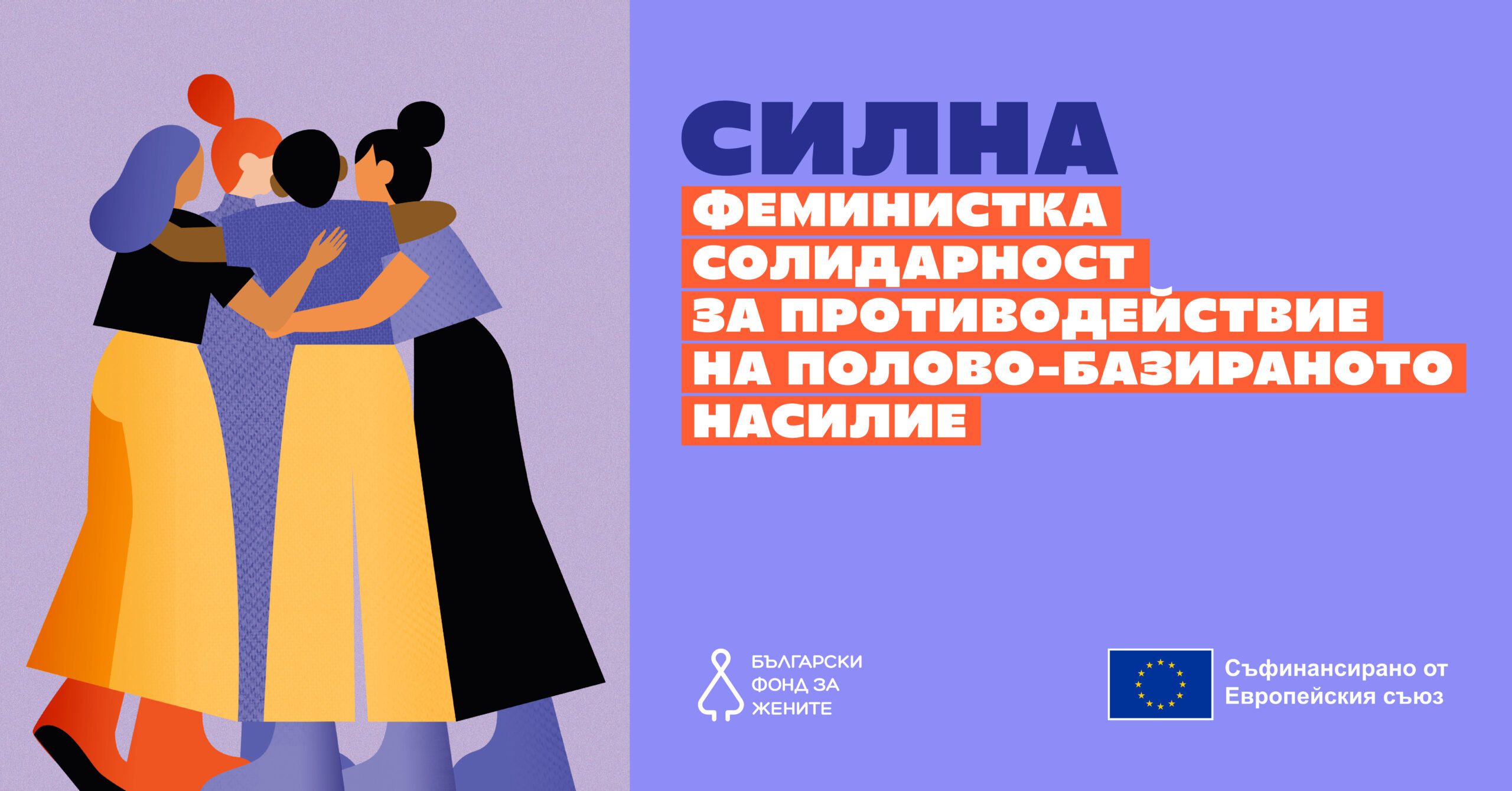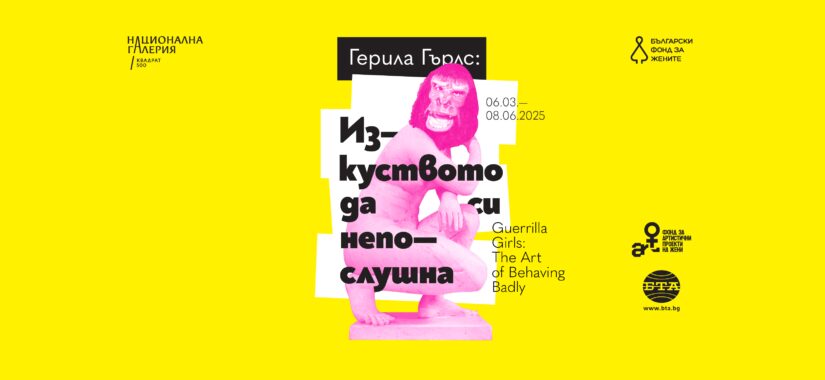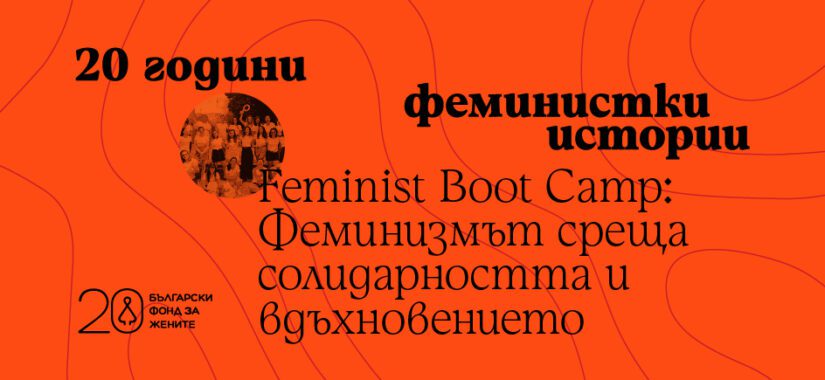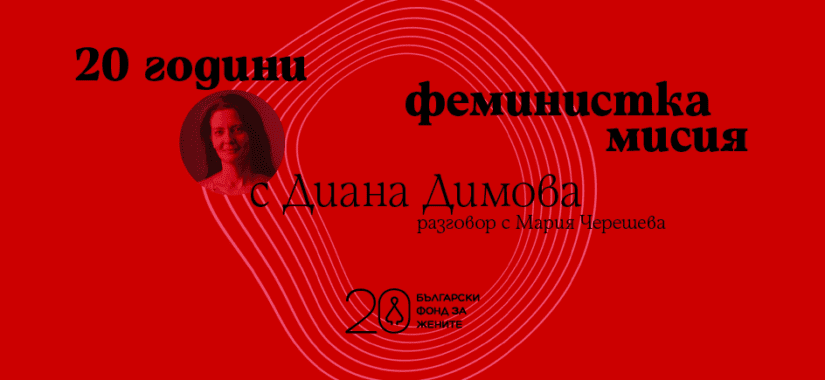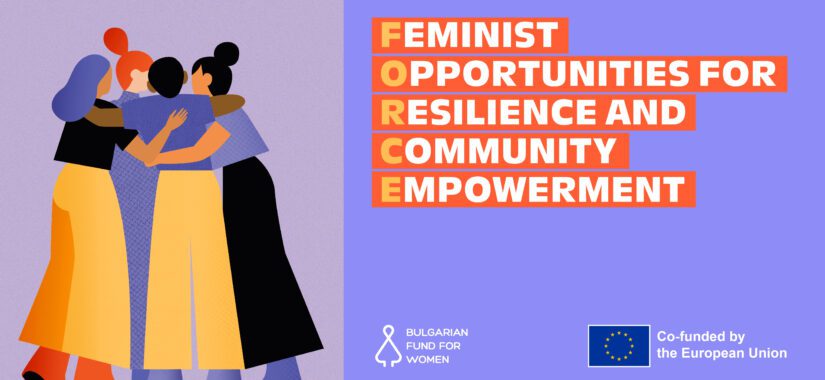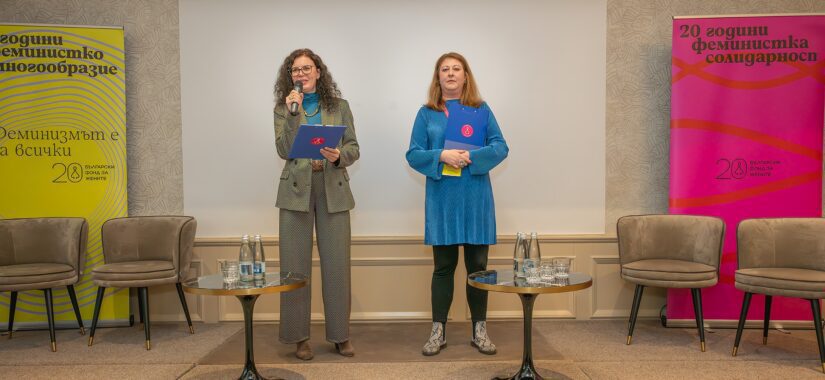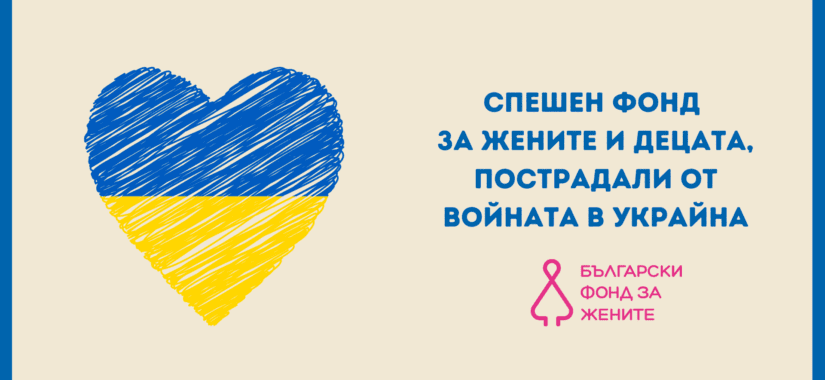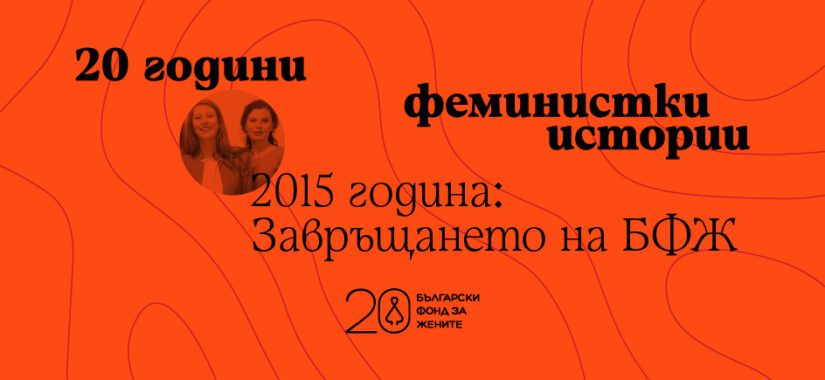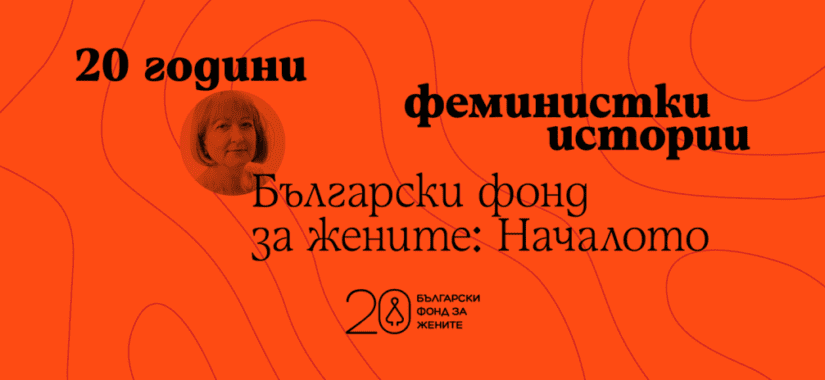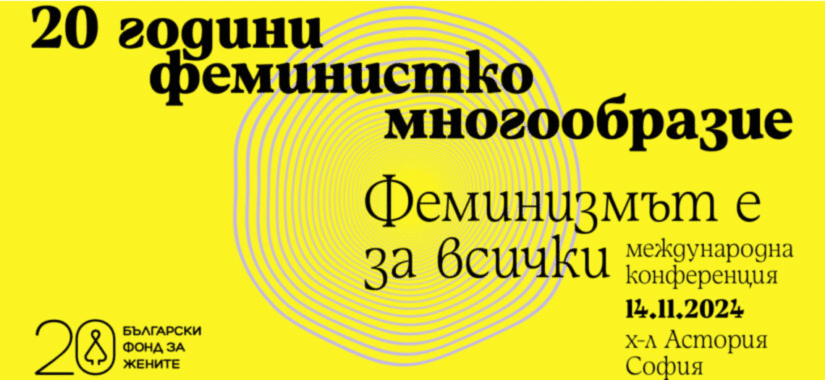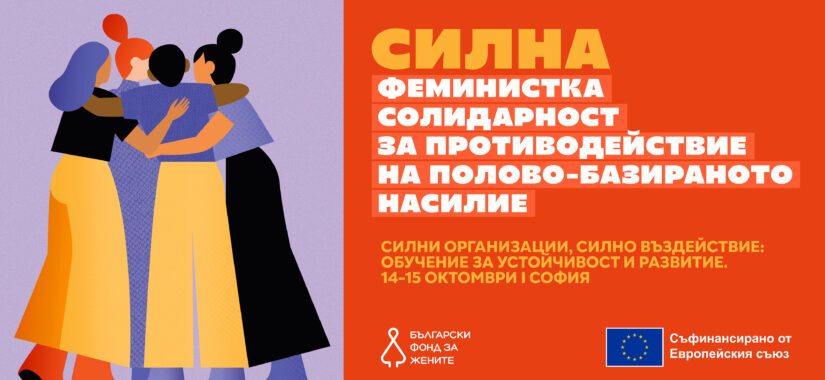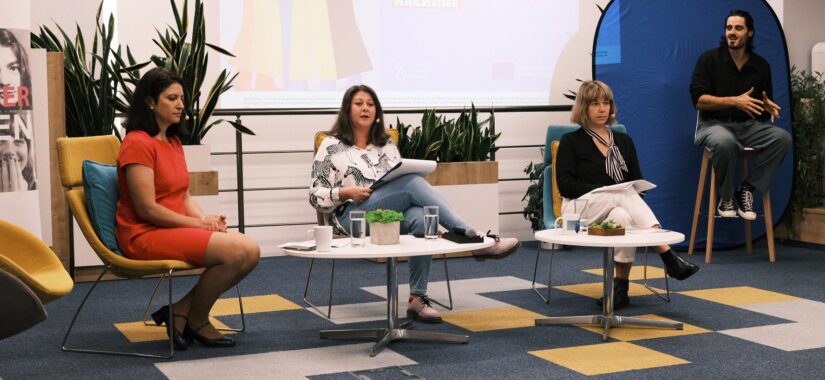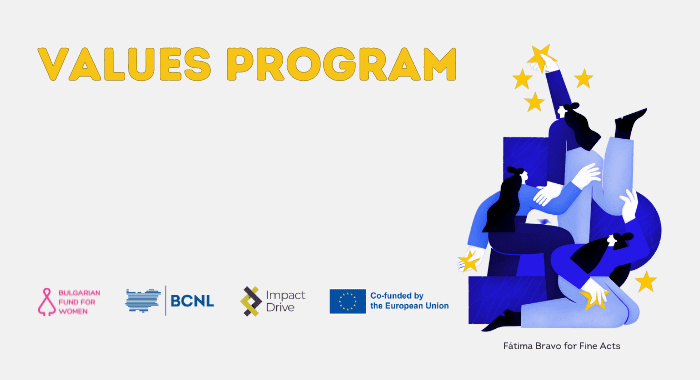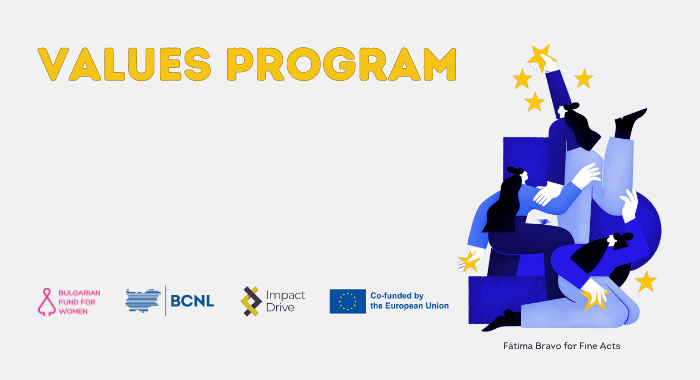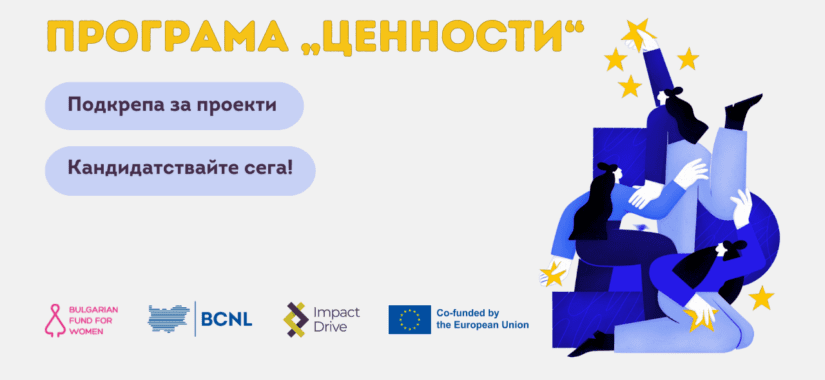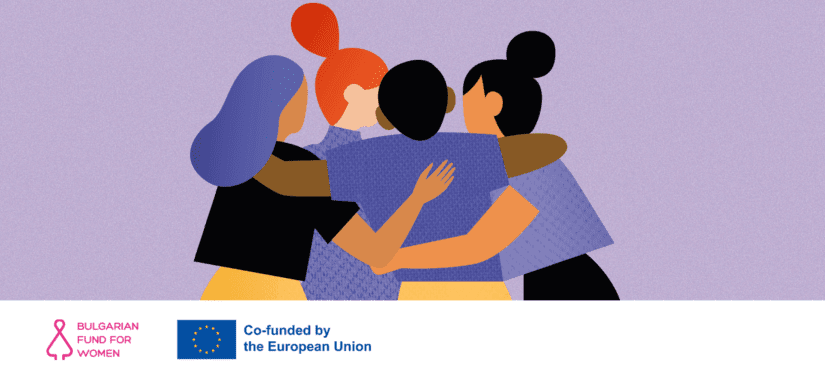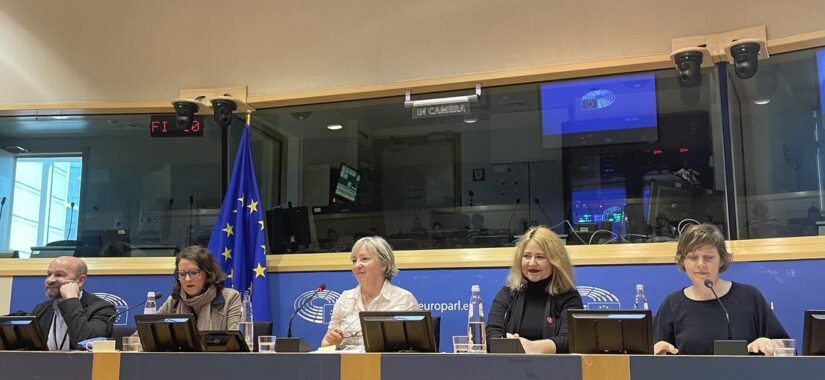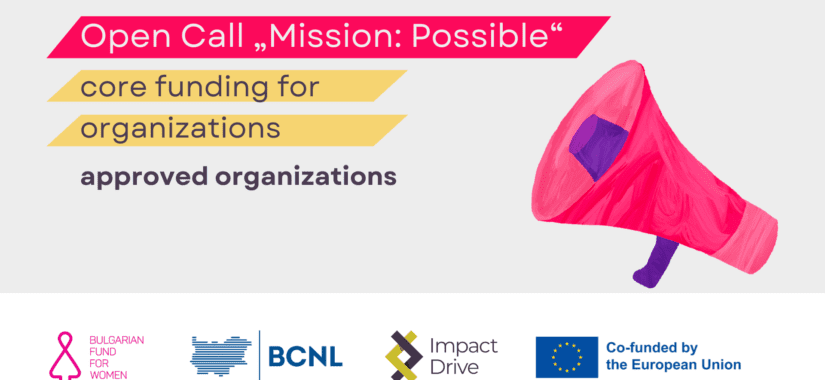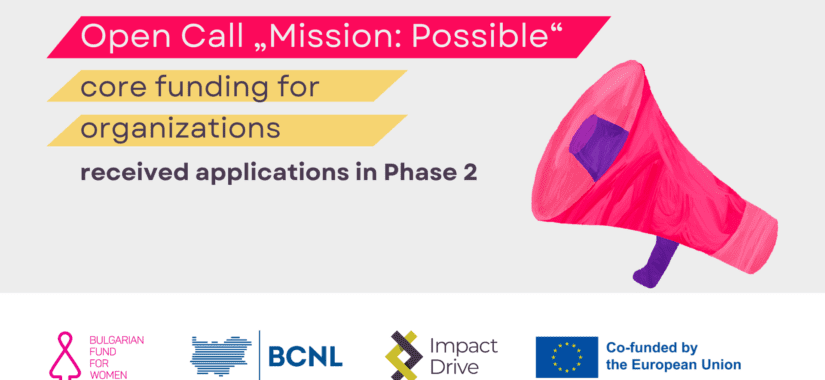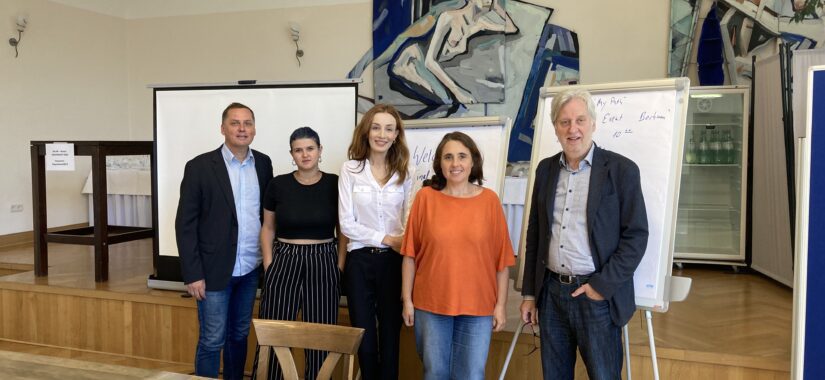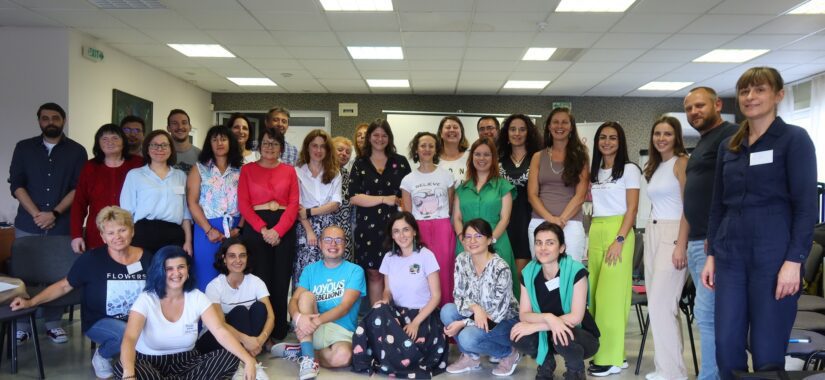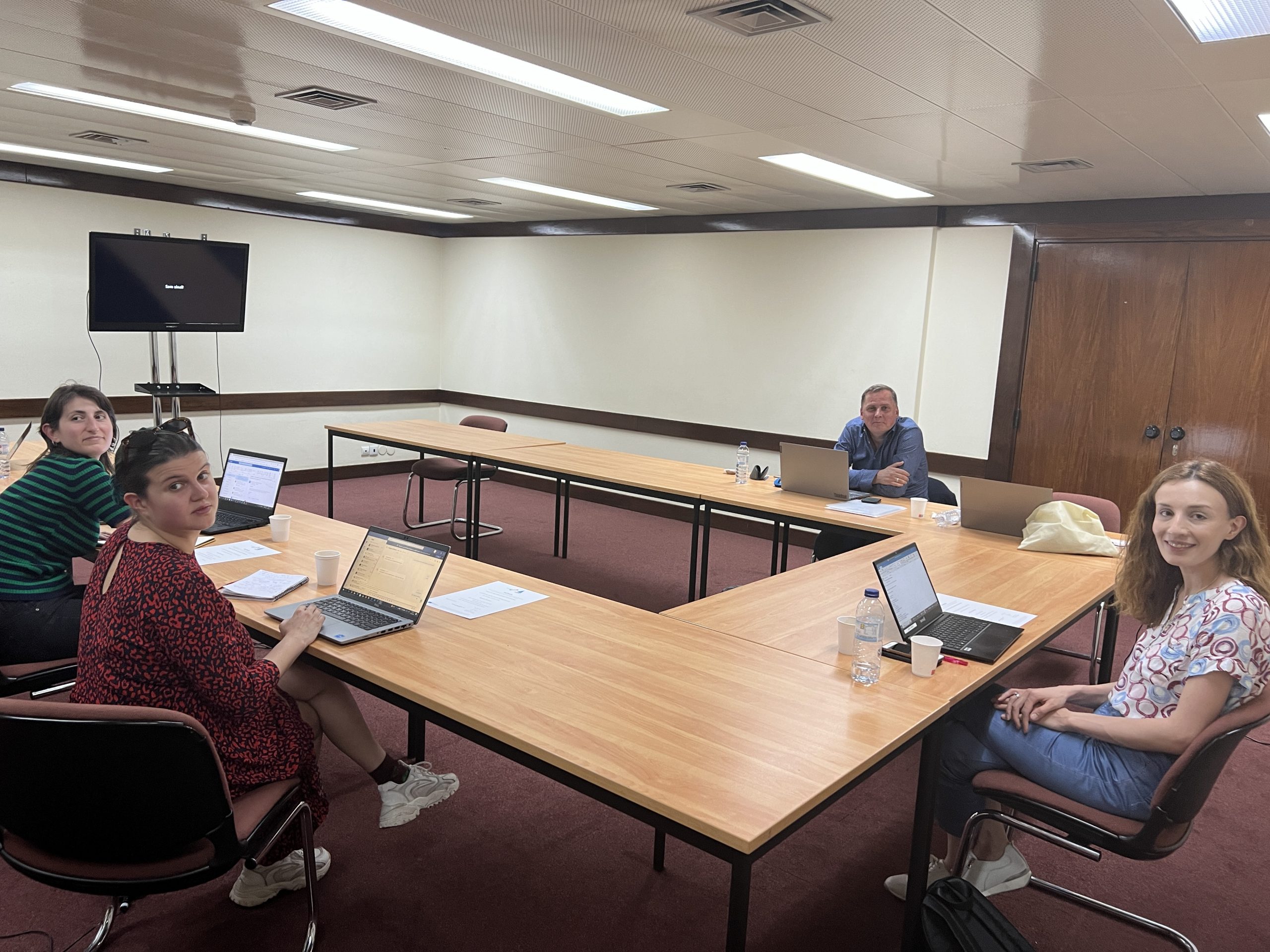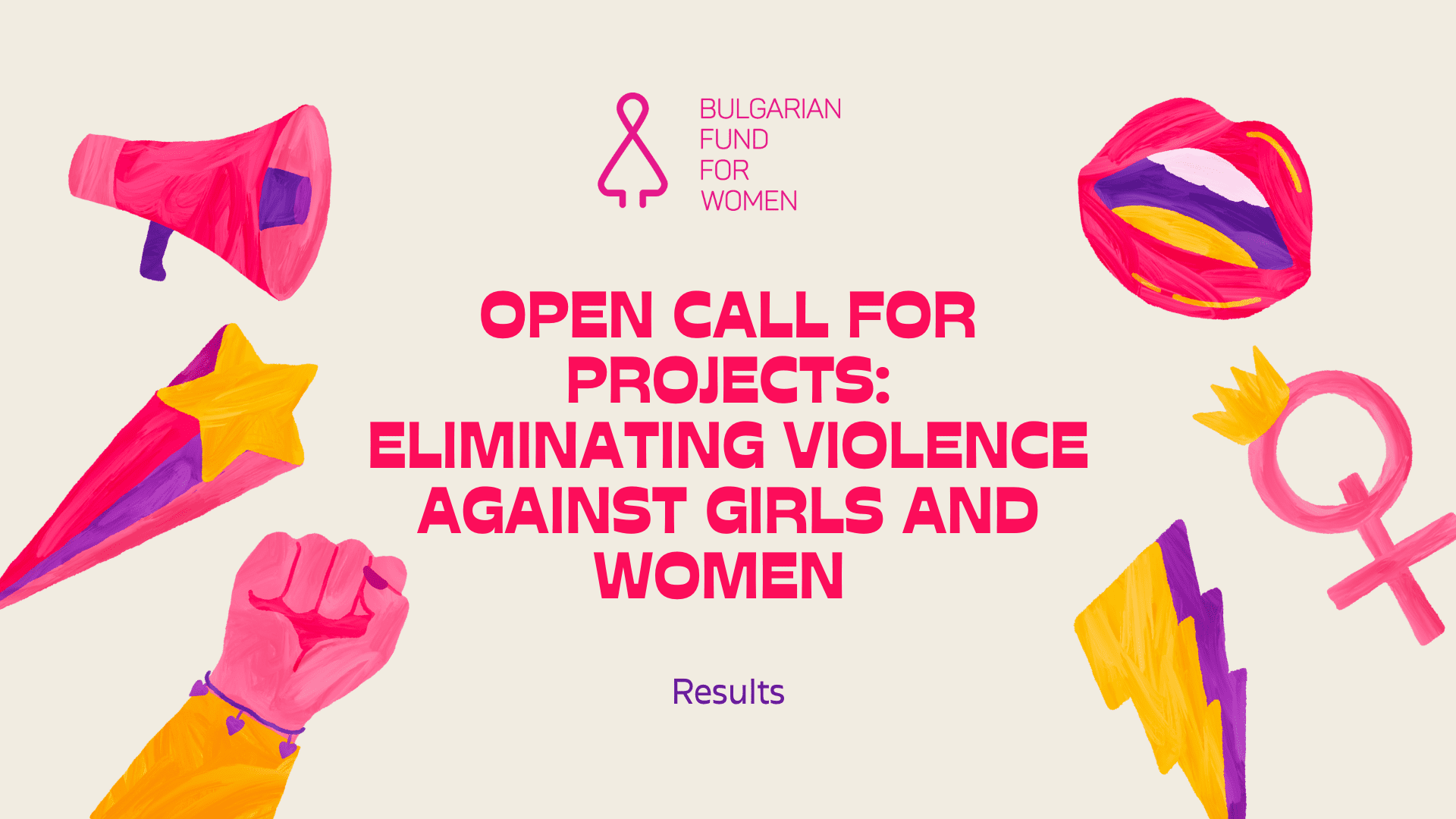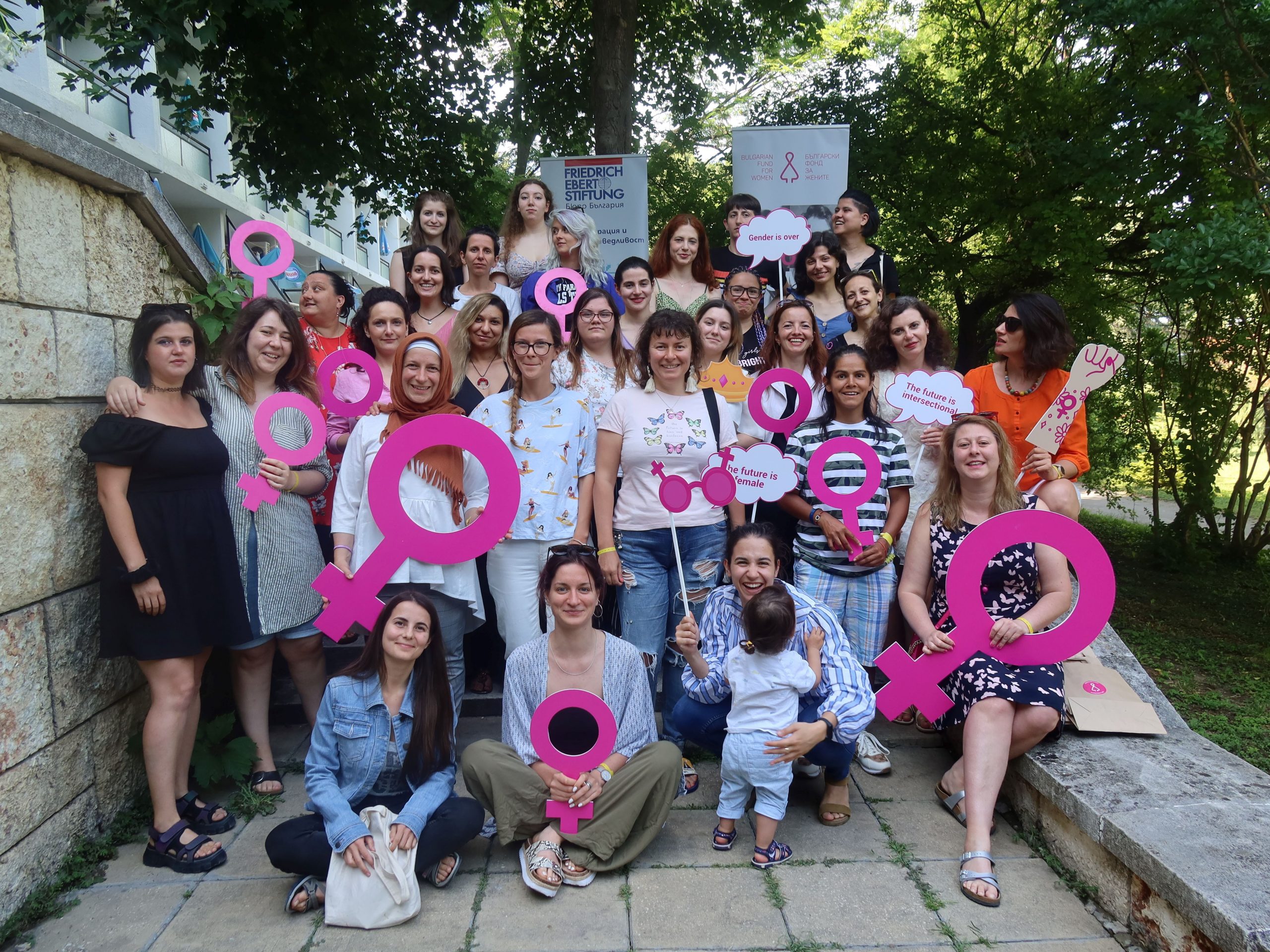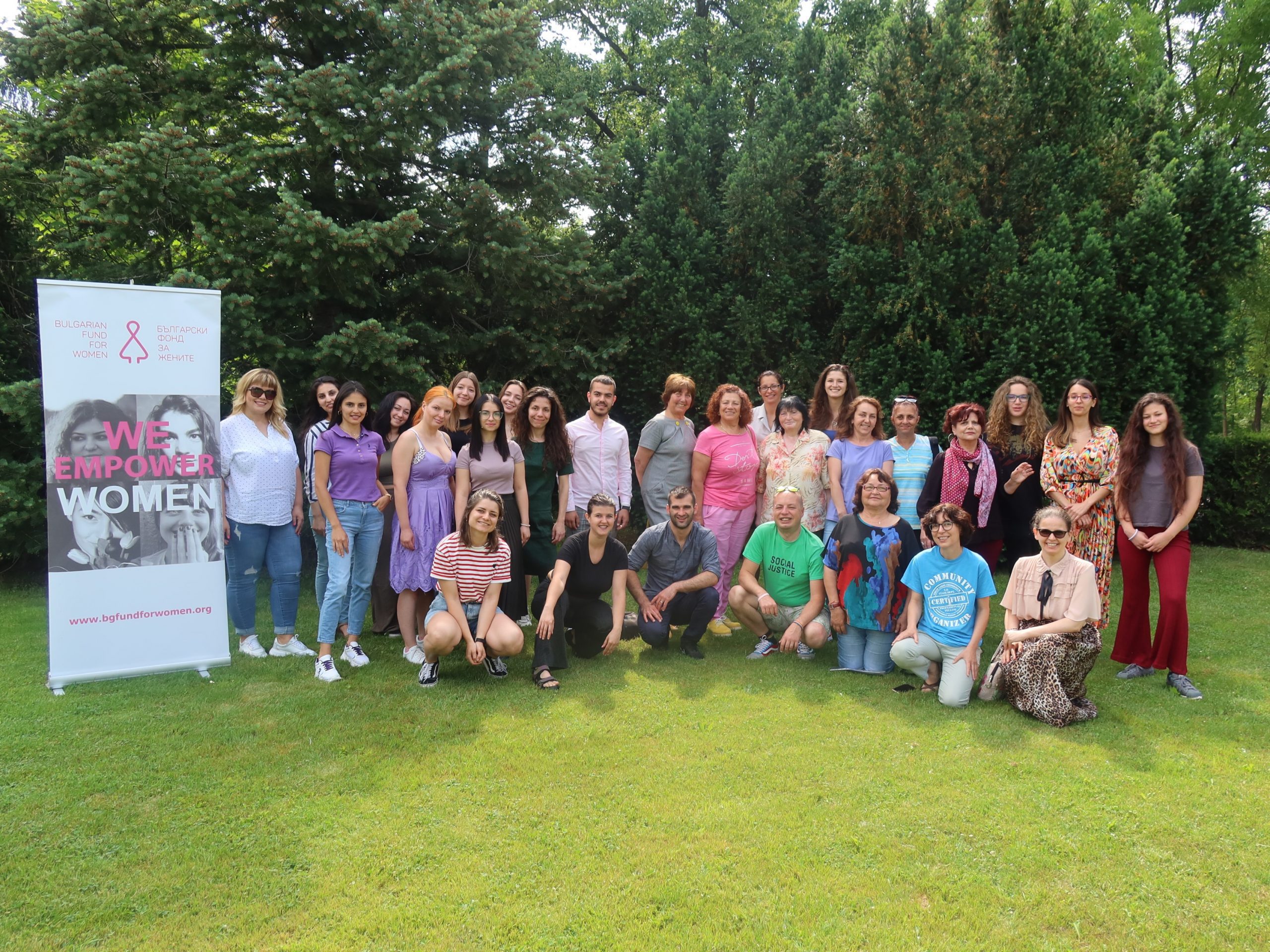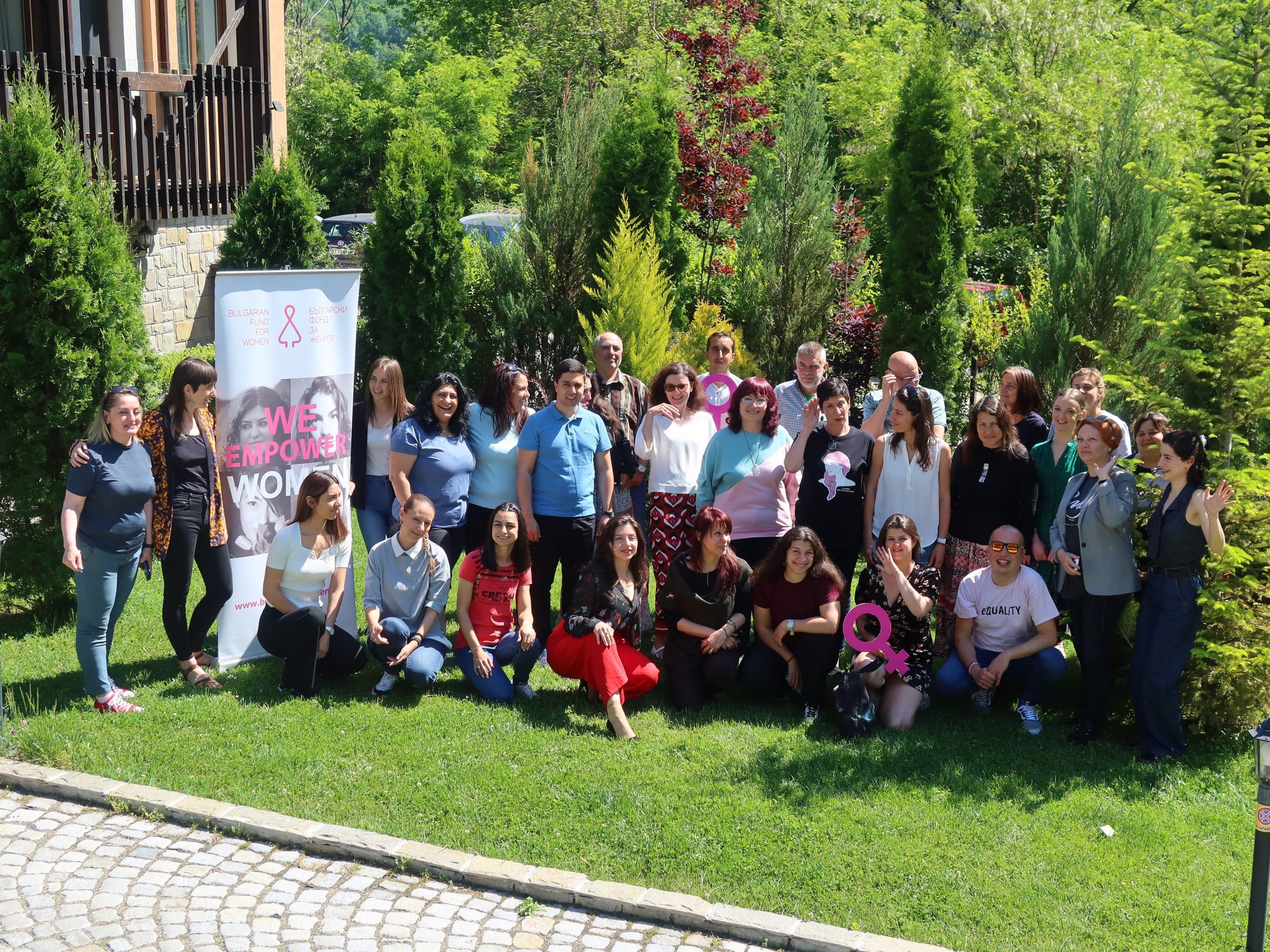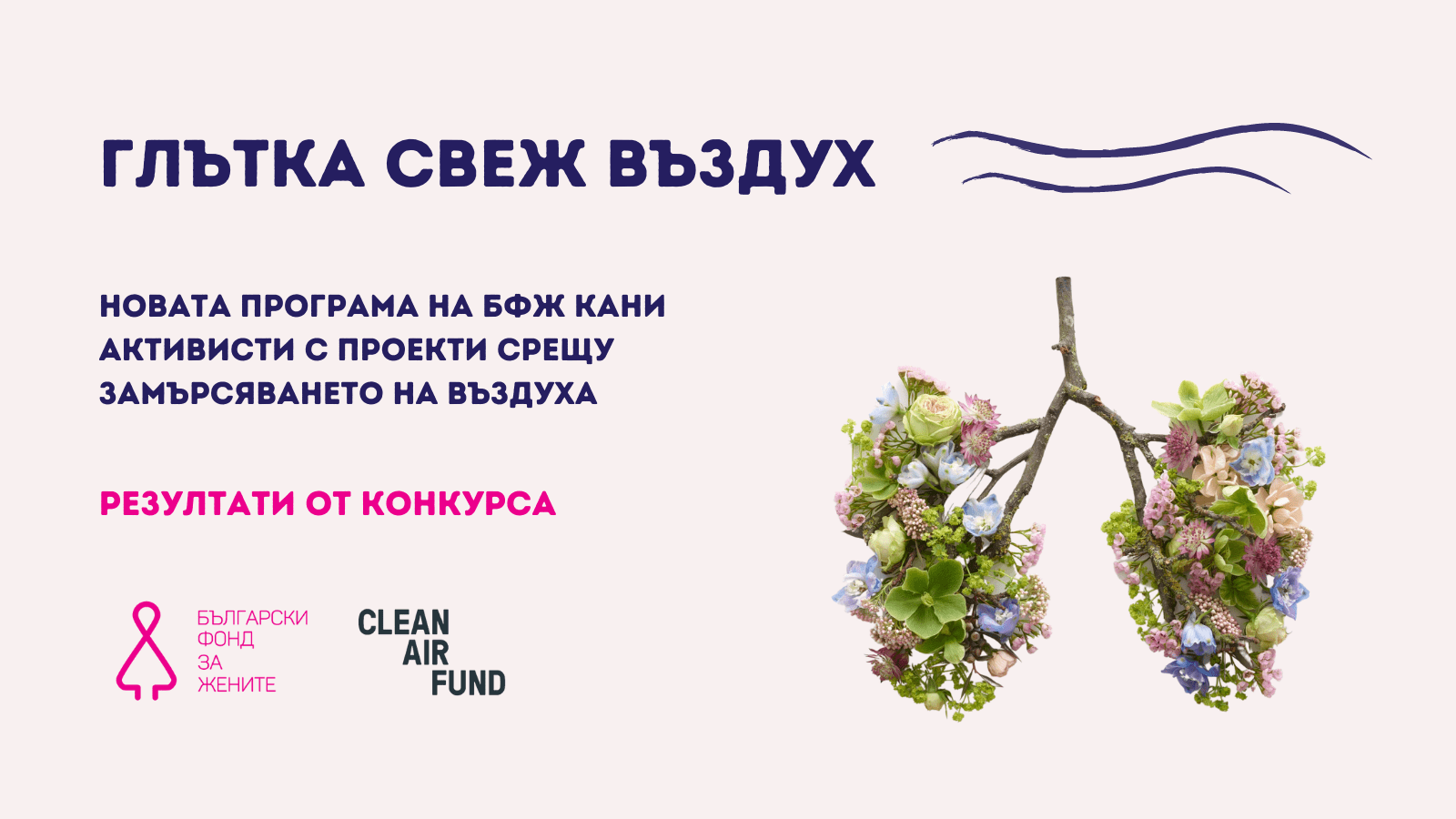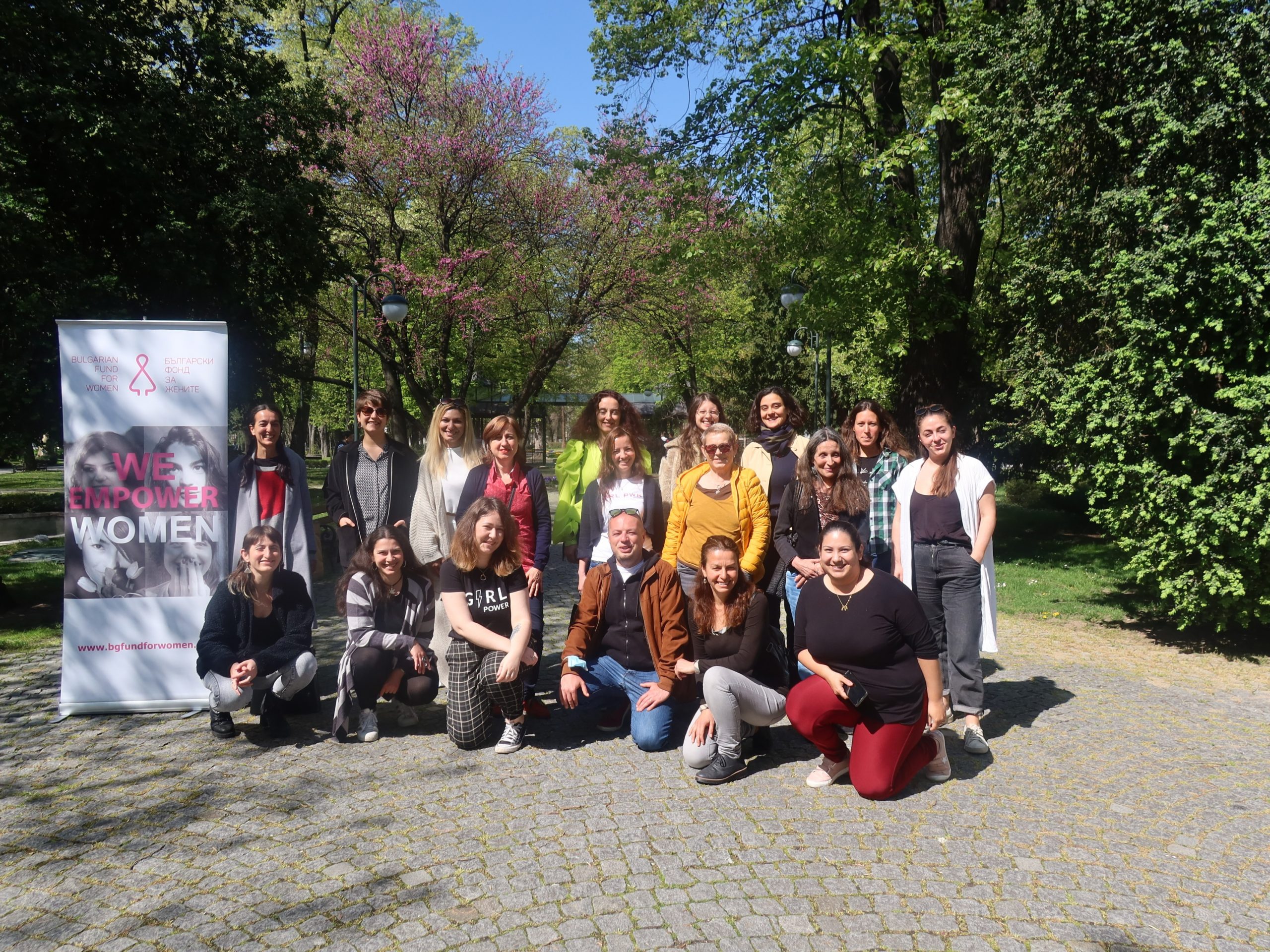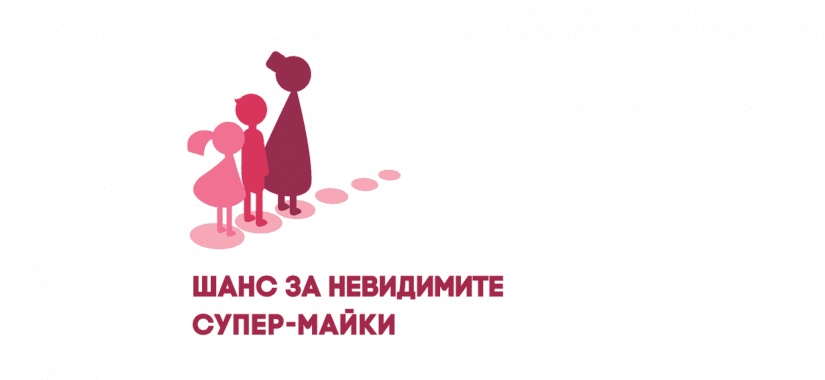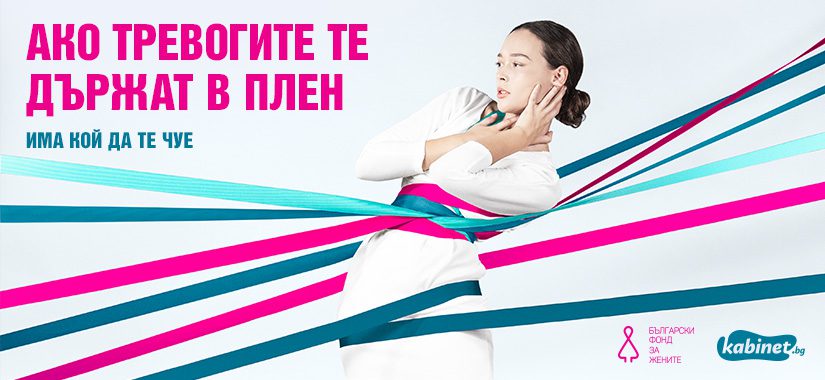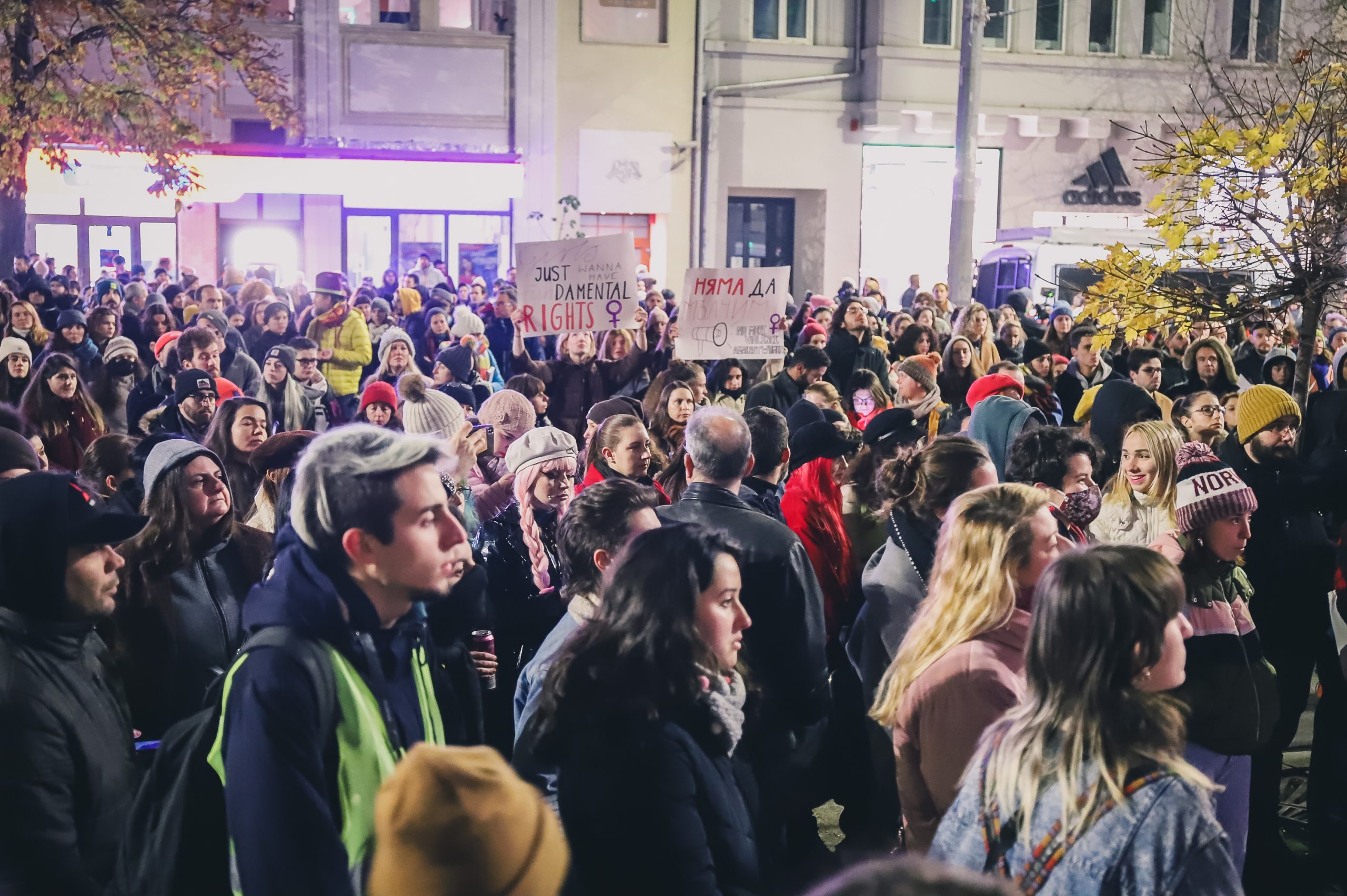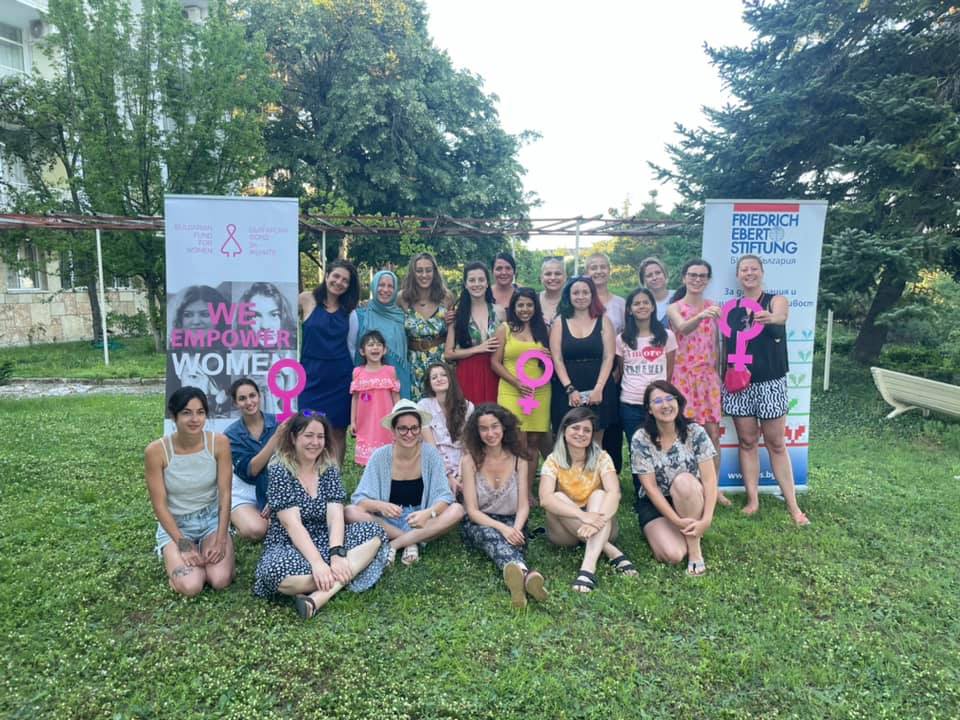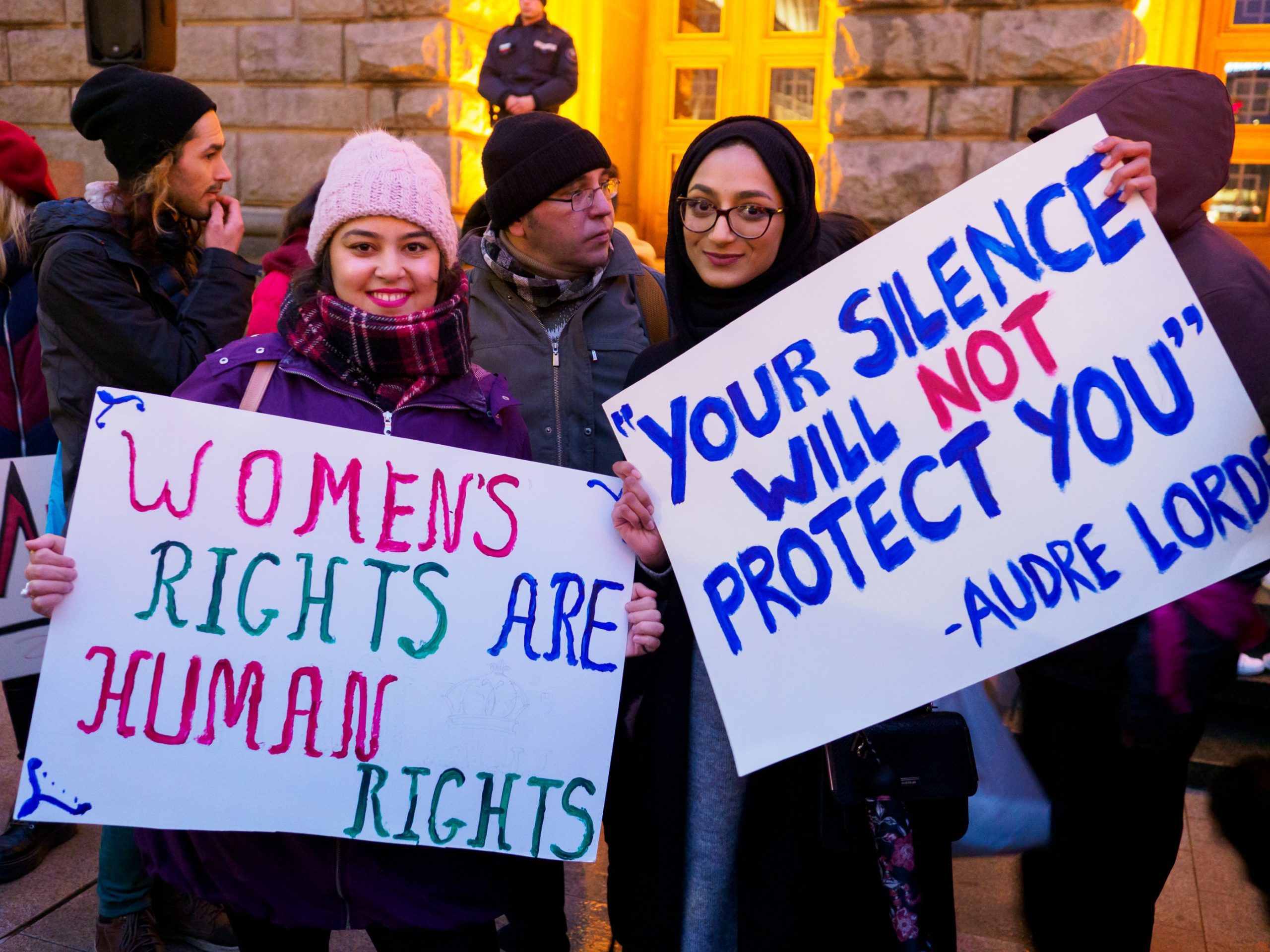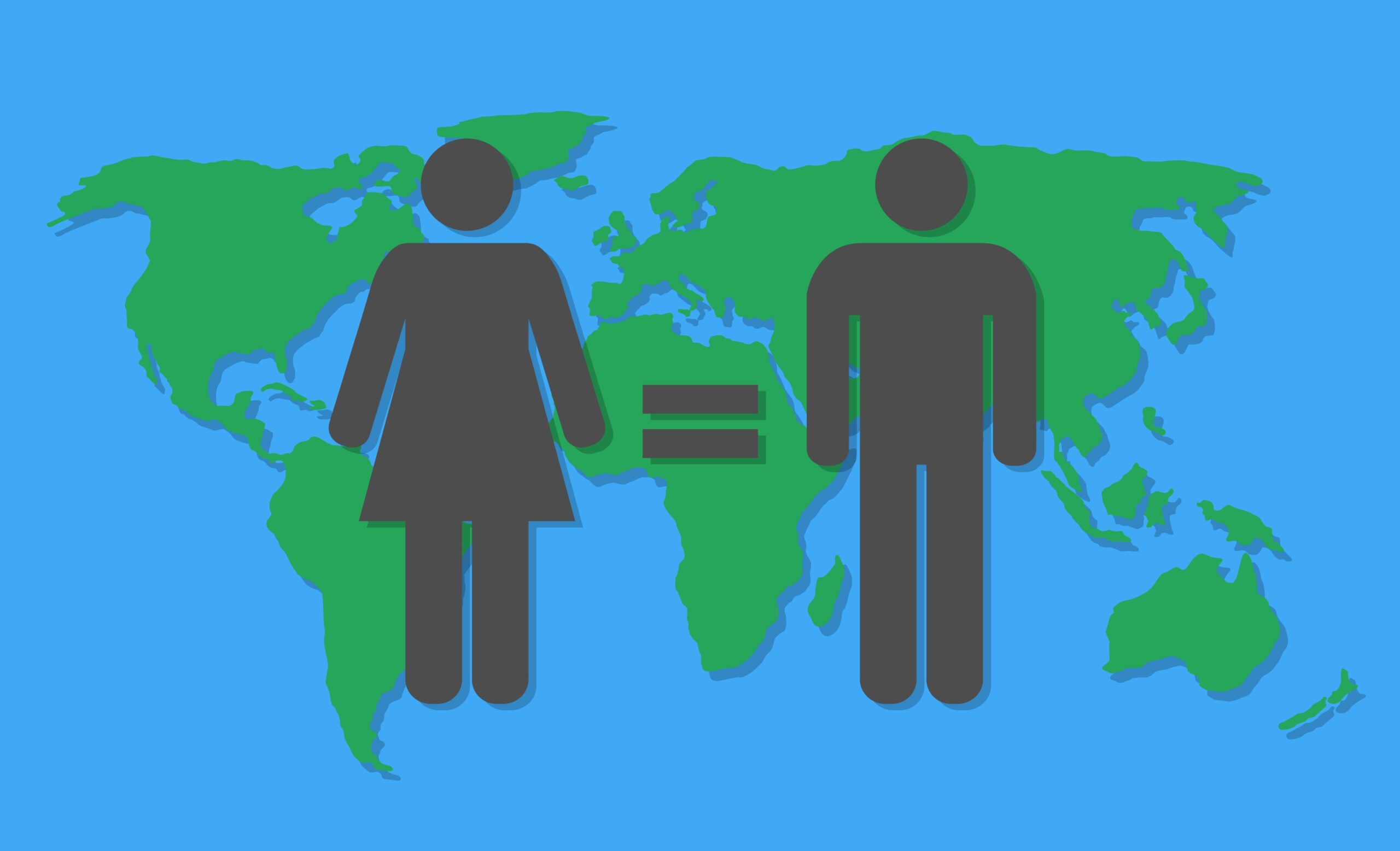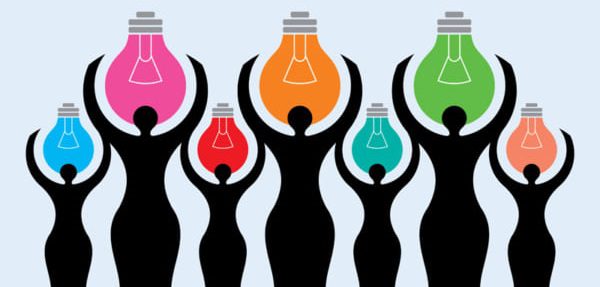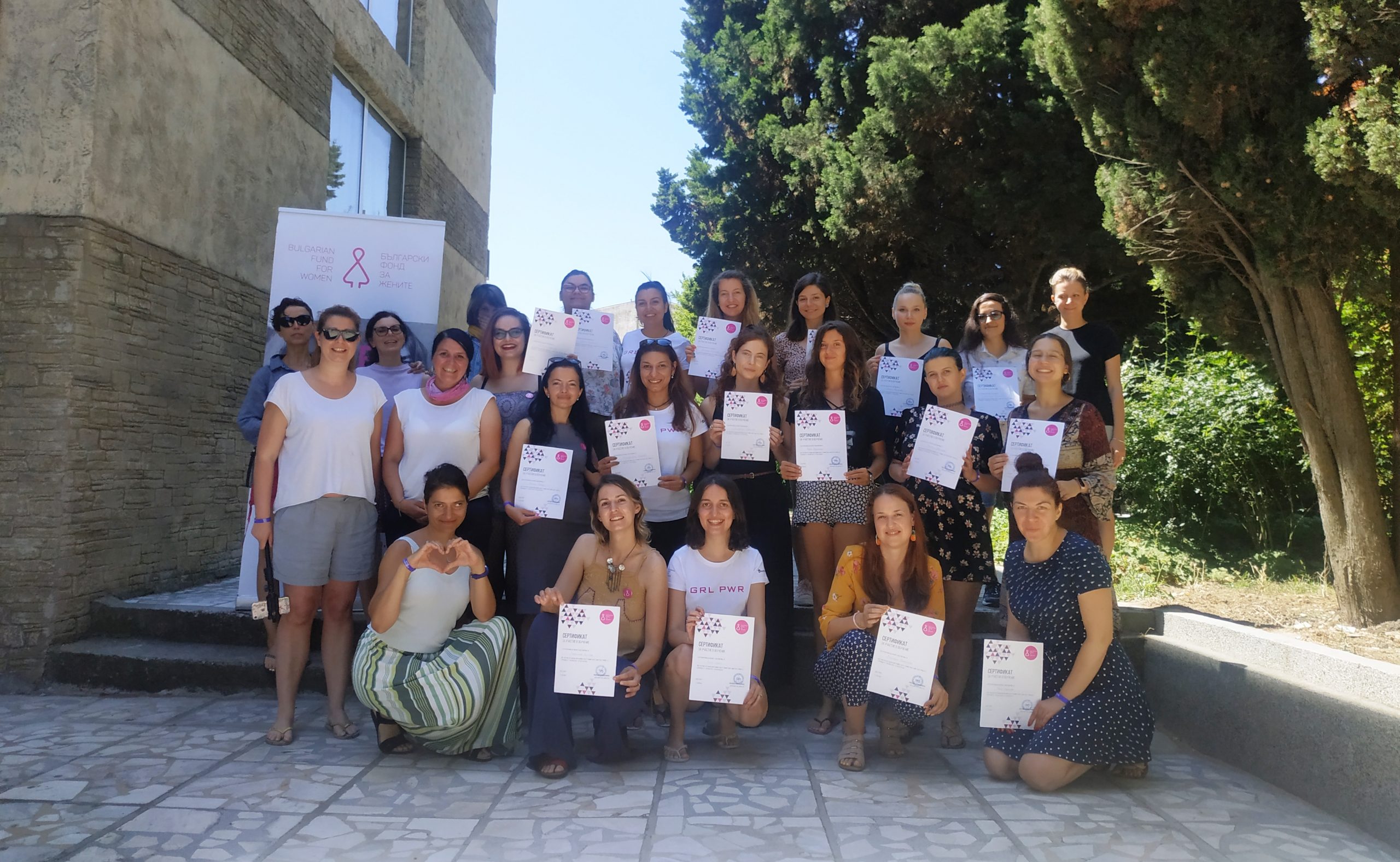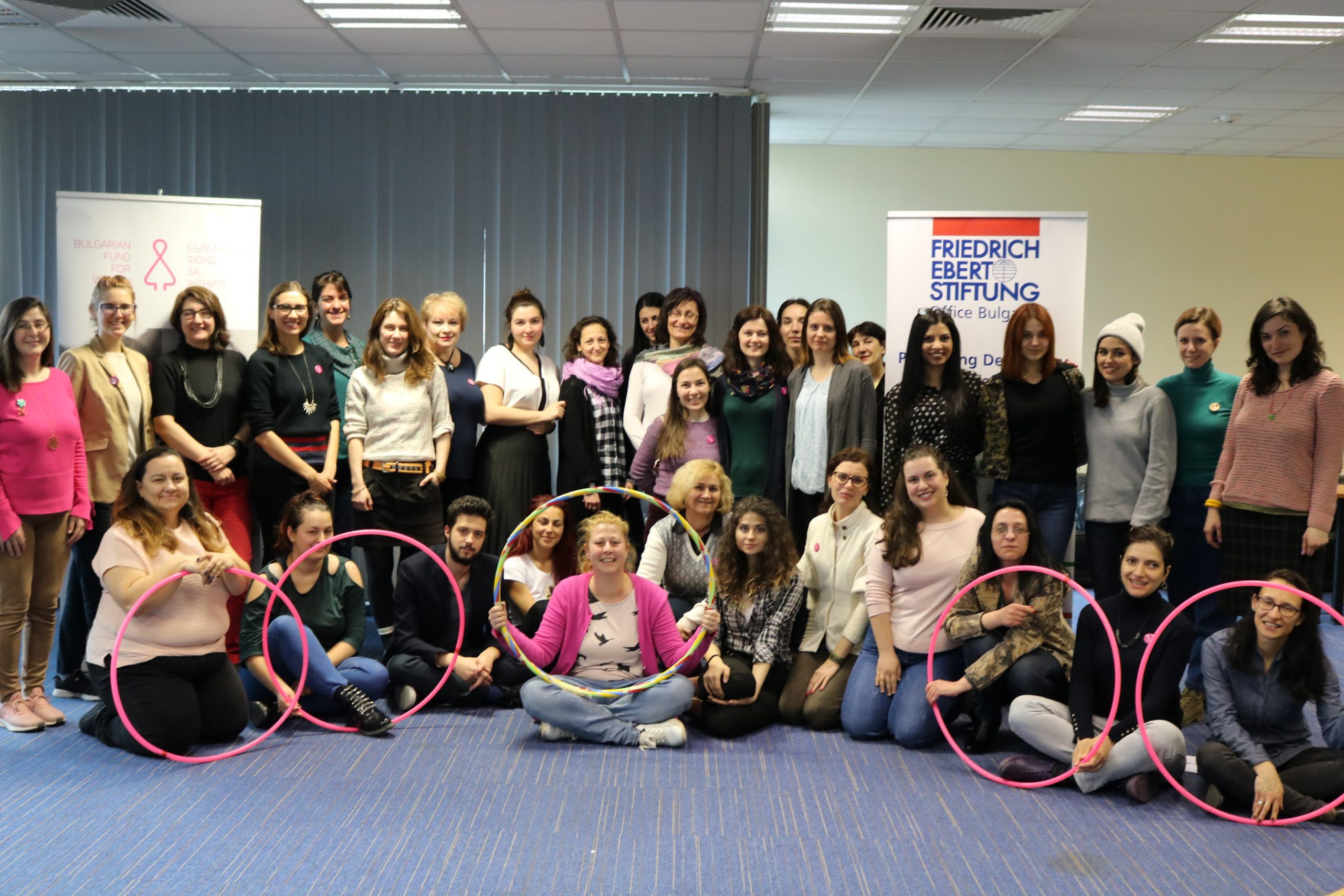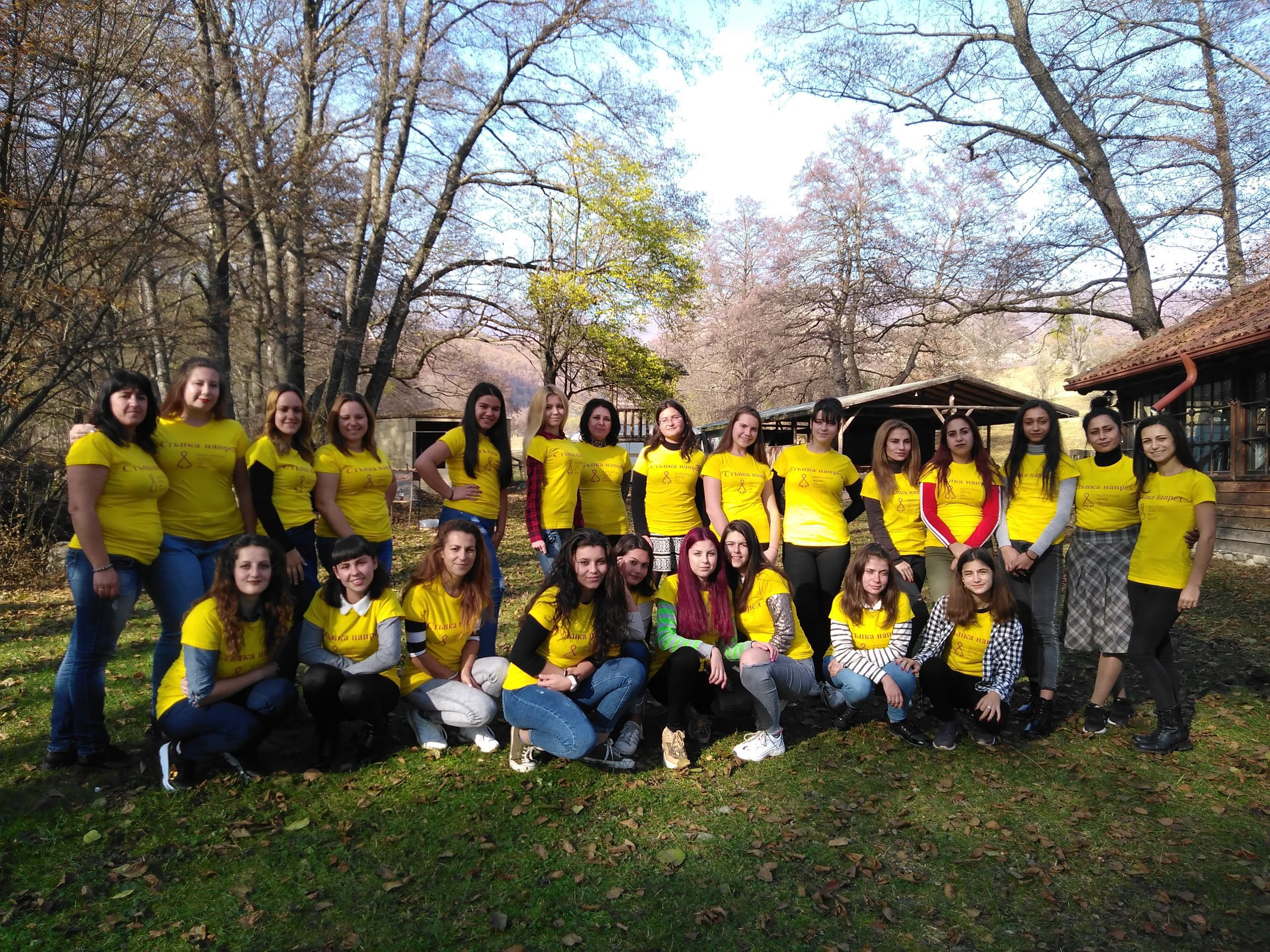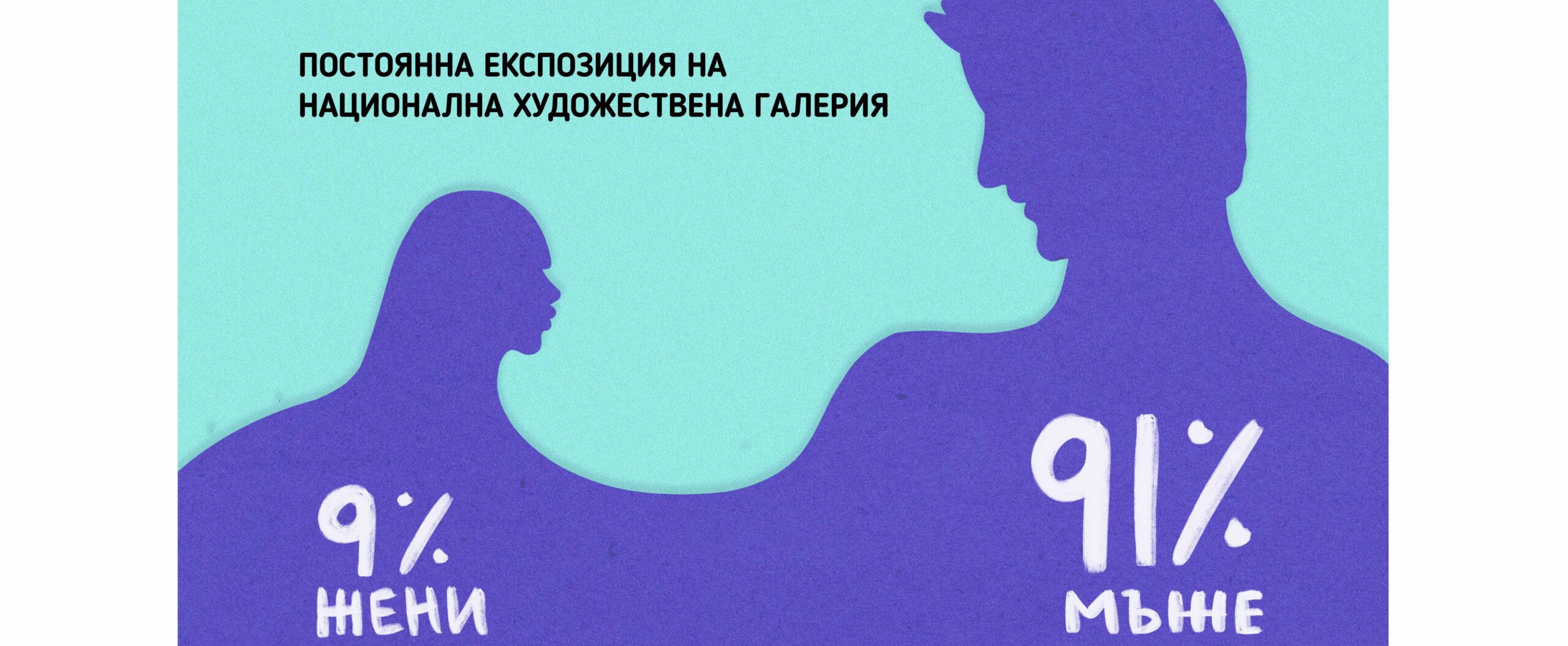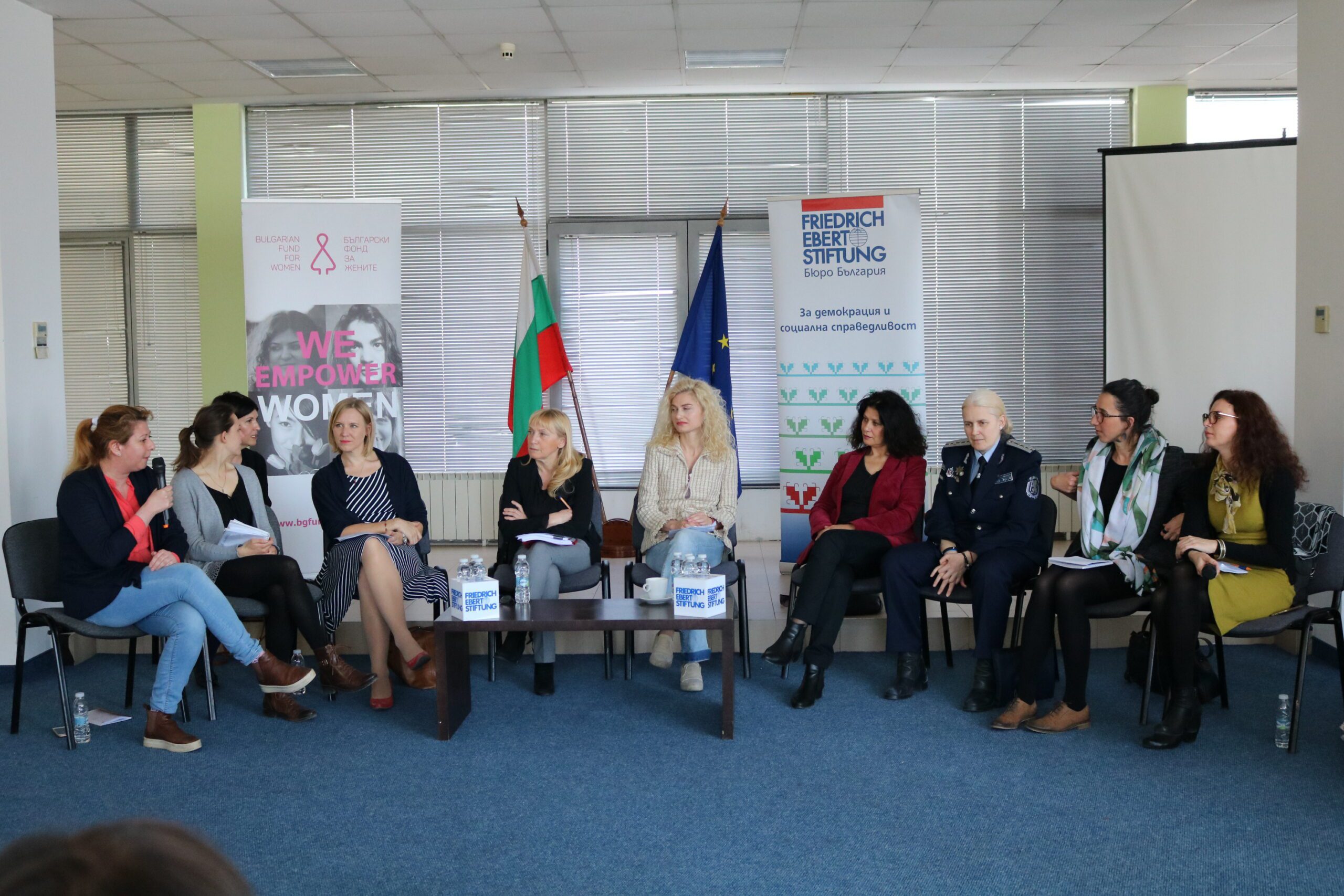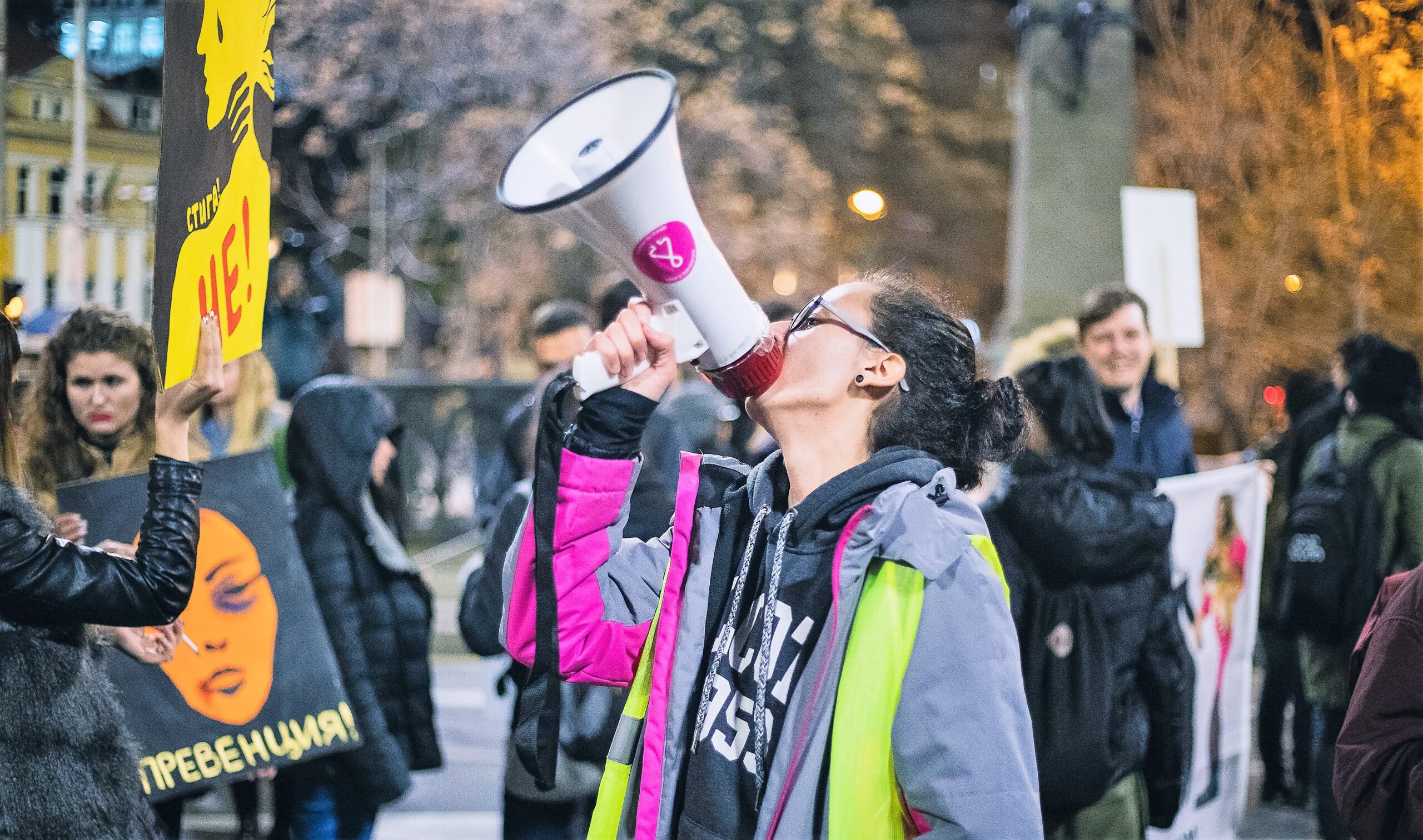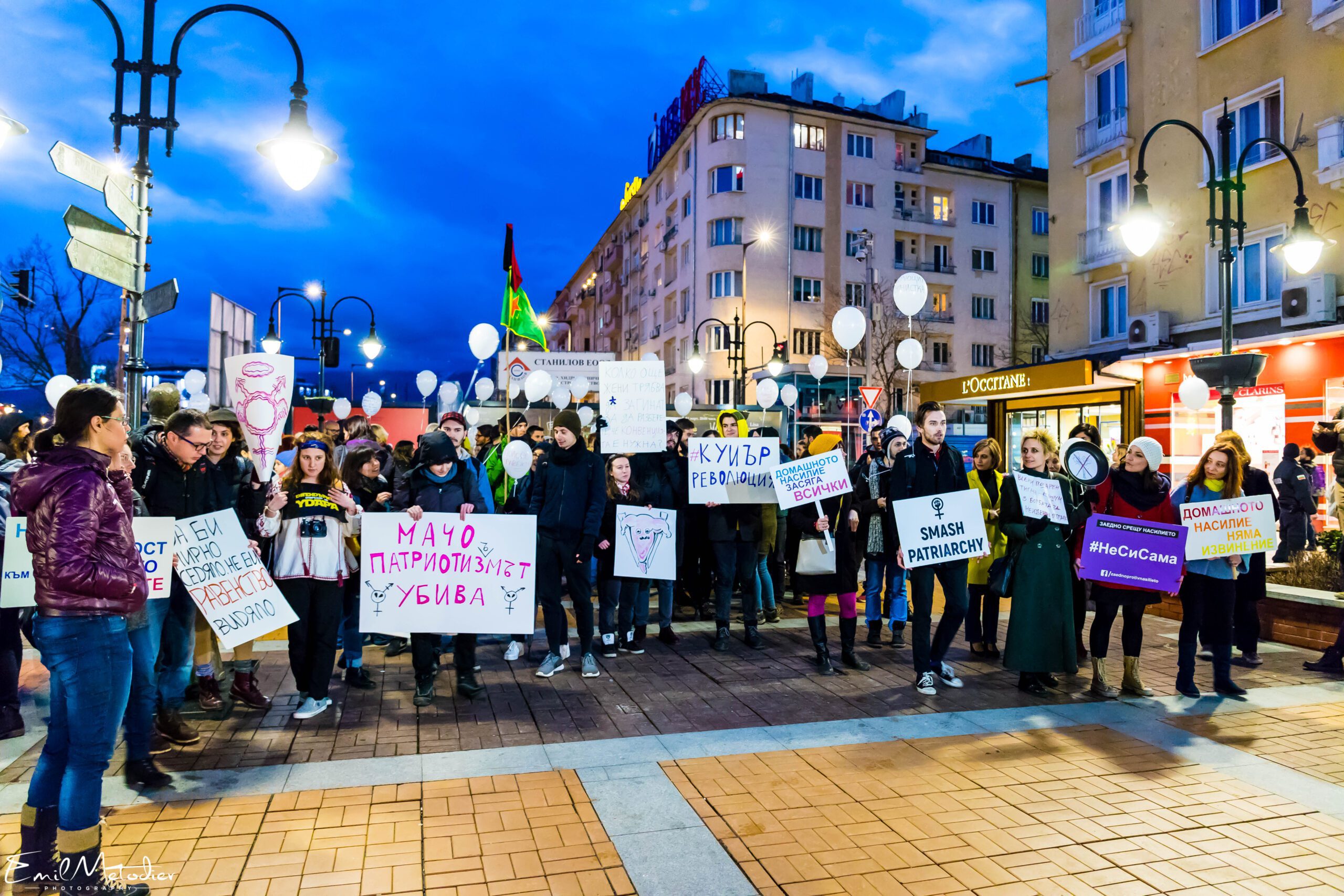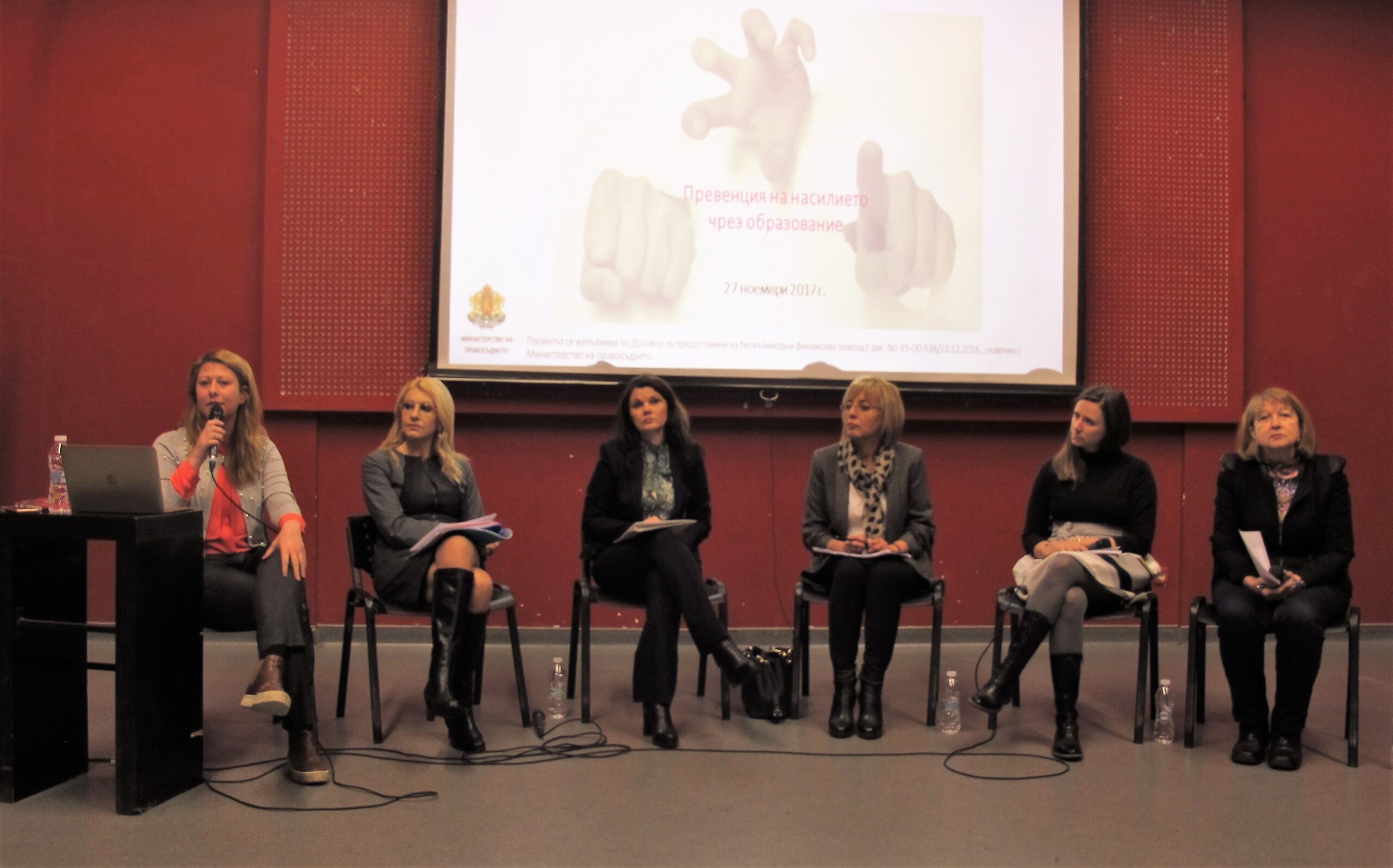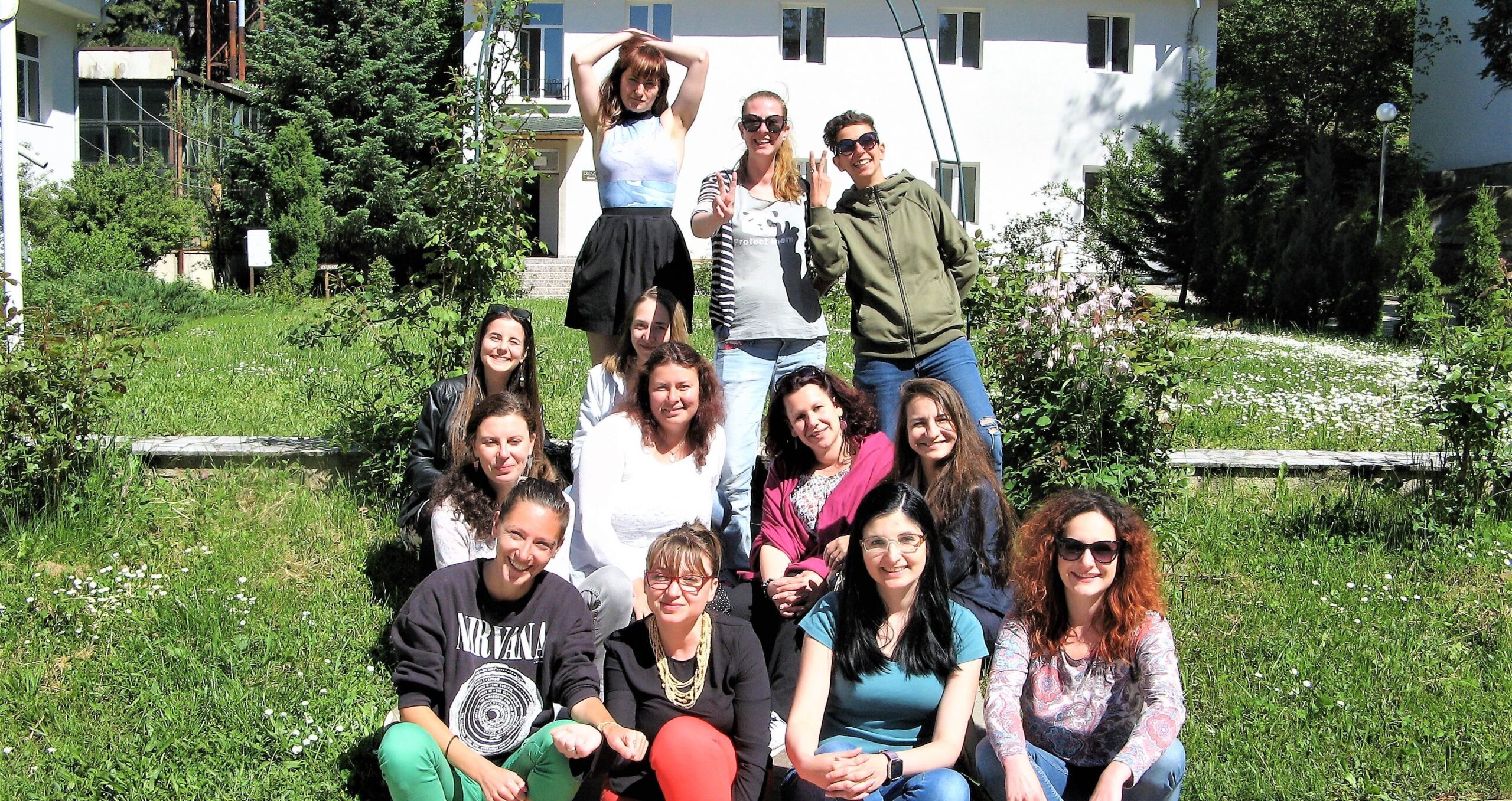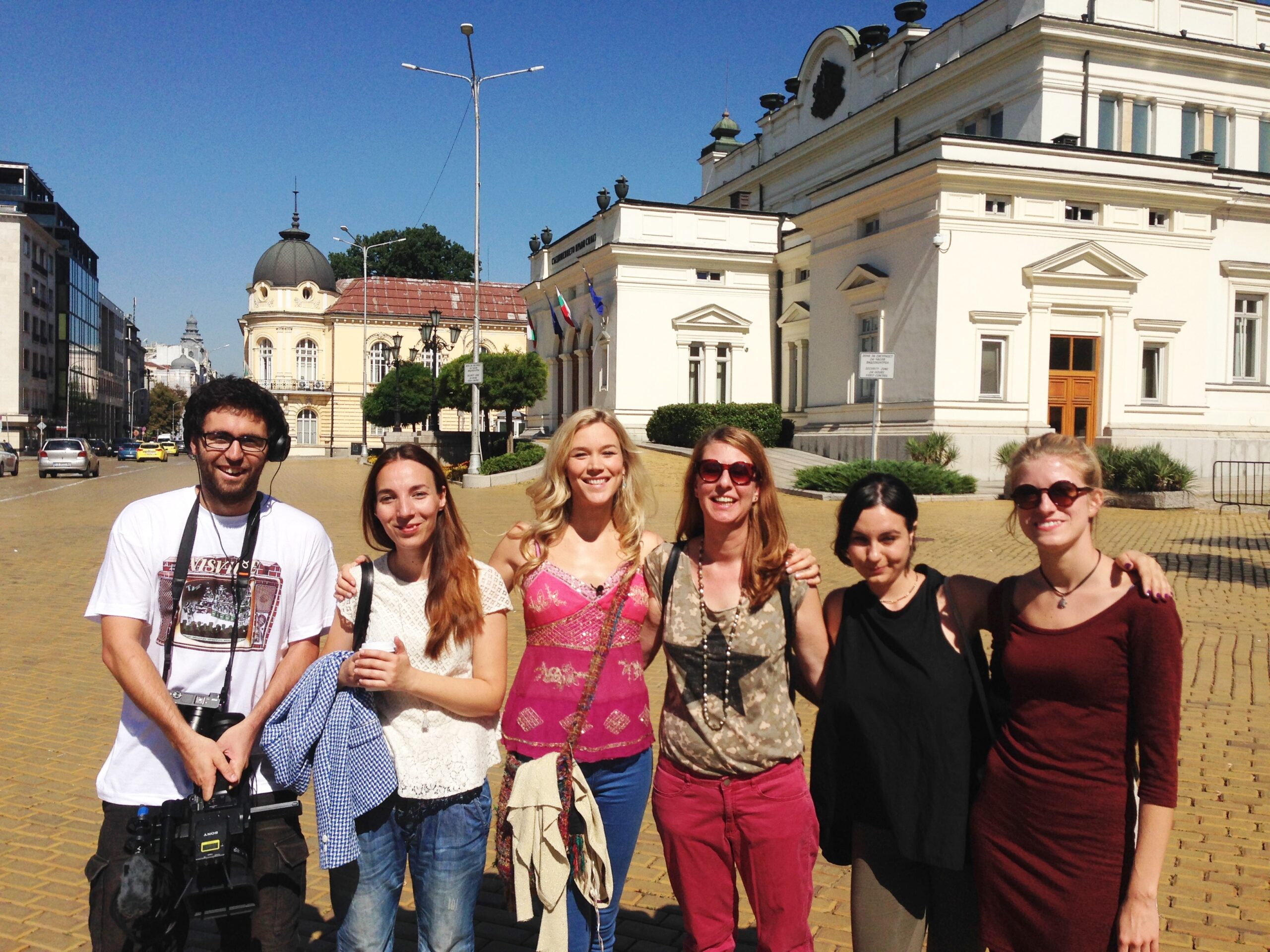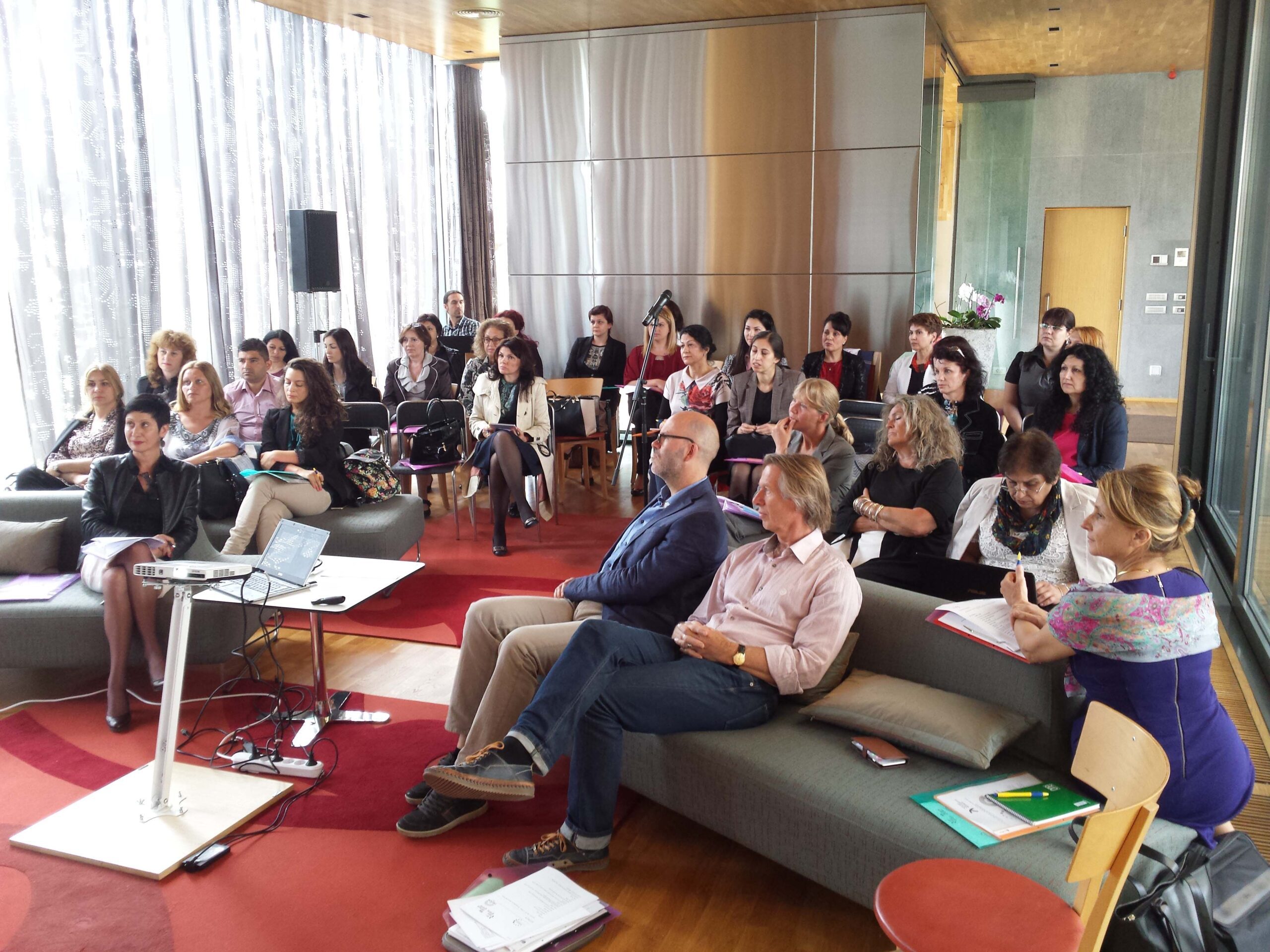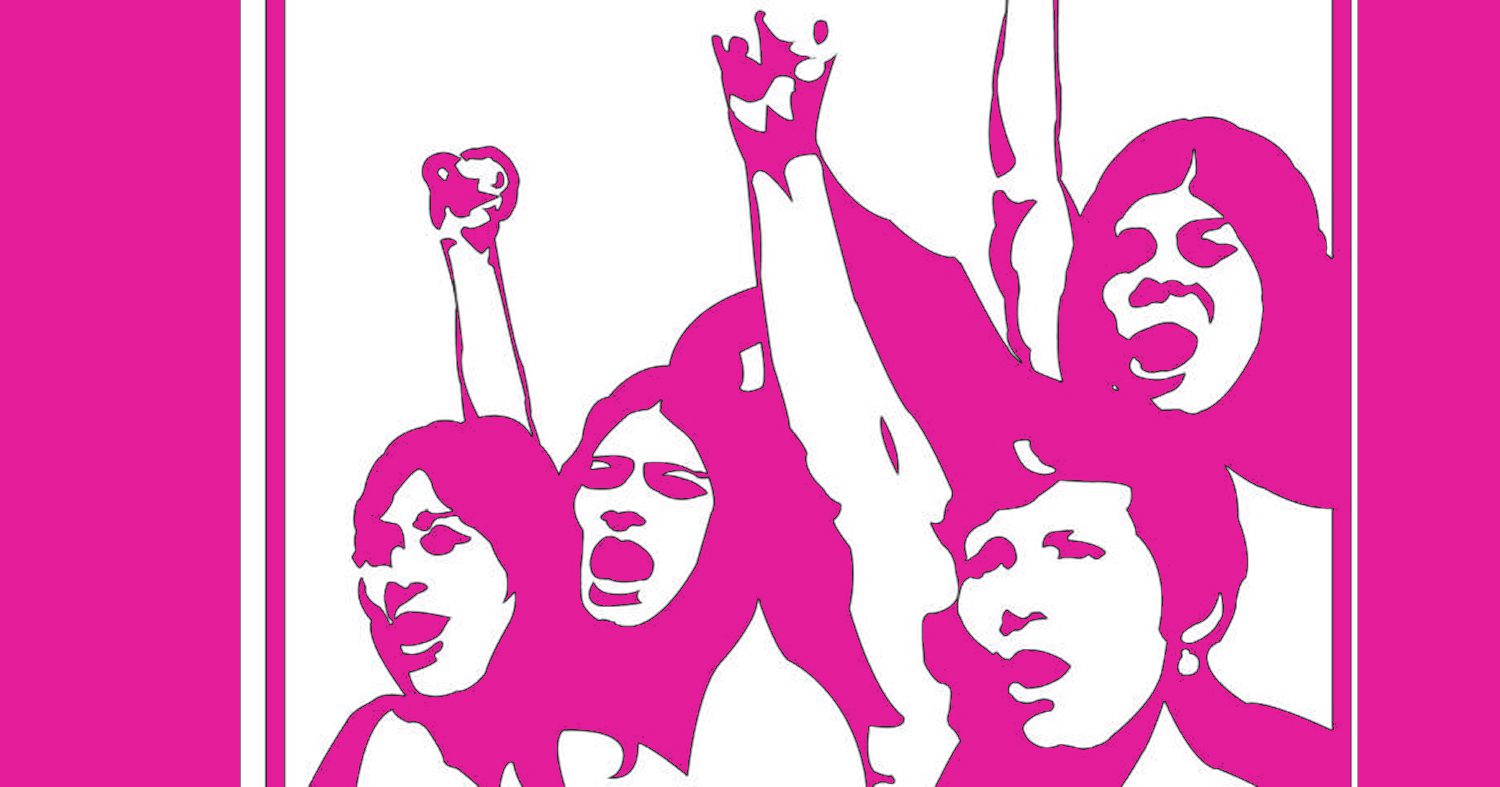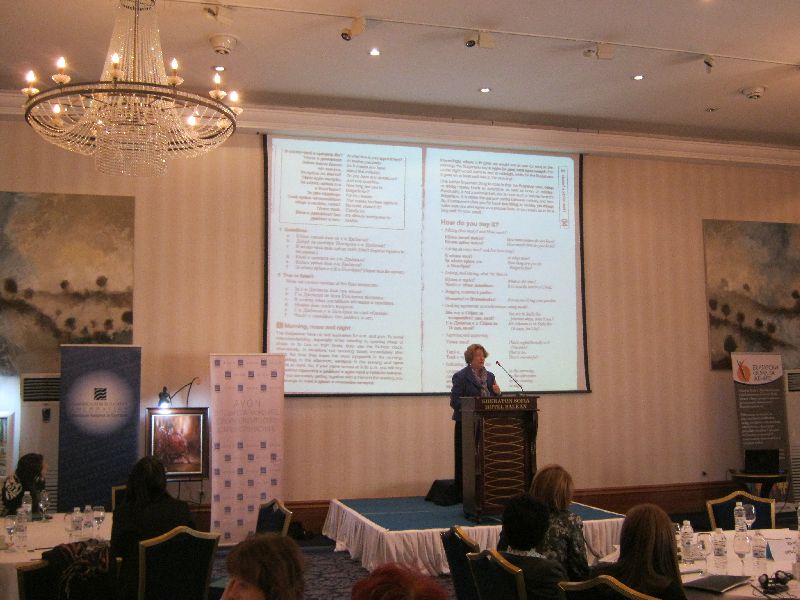The investment in women is an investment in the whole society and is a path towards economic prosperity is what the data, presented in the Bulgarian Fund for Women discussion “Why (we) invest in women?”, recently shows. The event took place on 2nd of July 2015 in the Home of Europe, where special speakers were the Head of the Cabinet of the Minister of labour and social policy Jasmina Mircheva, the Chargé d’affaires at Norwegian embassy in Bulgaria Geir Sjøberg, the Chairwoman of the Council of Women in Business and CEO of Siemens Bulgaria Boryana Manolova, the Director of the Institute for Study of the Societies and Knowledge of Bulgarian Academy of Science prof. Rumyana Stoilova and the Executive Director of Bulgarian Fund for Women Nadejda Dermendjieva.
Dermendjieva noted that according to researches of the European Commission from 2014, if the number of women in the field of Information and communication technologies catches up with the number of men the GDP of Europe will increase with about 9 billion euro yearly. Another research (McKinsey, 2009) states that if equal level of employment is accomplished between women and men the unemployment in the EU will drop dramatically from 24 to 3 million unemployed, i.e. the usage of women’s full capacity can fill 21 million work places in the then 27 member countries. “Bulgarian Fund for Women works for the empowerment of women, where the meaning behind “to empower” stands for giving every existing opportunity to women who therefore will be able to make a choice based on information and develop their full capacity, with the purpose of having the freedom to be – and express themselves without that turning anyone into victim of assaults due to existing stereotypes”, is what she said.
“The world can’t afford not to use women’s economic power and their leadership potential. More and more corporations adopt social policies for providing equal access to professional development for women. All of those investments will soon have economic return”, categorically concluded Boryana Manolova and added that companies that have balance in the management boards have an average 35% higher profits than others, in the boards of which women are missing. In her opinion, the so called gender quotas are not only an instrument for increasing the number of women occupying higher positions, but also for pulling more men into feminized professions, which will lead to making the professions more prestigious and to a rising in the salaries.
By presenting the good Norwegian example in the accomplishment of equality between genders, Geir Sjøberg confirmed that the high increase and evenly distributed income in the Scandinavian model is a result of women’s strong participation on the labour market. Currently Norway has full balance (50:50 %) between men and women in the political parties and governance on every level. Norway is also the first country that established requirements for balance between the genders in the boards of private companies.
Jasmina Mircheva noted that Bulgaria moves forward with 4 positions ahead in the Index of gender equality, according to the European Commission’s report in 2015. She reminded that on 1stof July the Bulgarian National Assembly accepted one more suggestion of the Ministry of labour and social policy, aimed to stimulate working women by giving them the opportunity of flexible working hours. “With the voted changes the modern working woman will be supported and will be given the chance of investing more time in her family, education and/or professional development”, said Mircheva.
Prof. Rumyana Stoilova pointed out that the inequality in the payment based on gender should be addressed immediately. Even in the most uneducated stratum of society the income of men is higher than women’s income. The Institute research shows that men who work on the highest managerial positions earn 18% more than women on the same positions. On the next, lower level men earn 25% more. Investing in education pays back, because women with high education are better paid than men in lower positions in the organization. The only exception is the routine mental work where women receive 36% higher payment compared to men’s income on the same business positions.
Attaining true equality between men and women in Bulgarian society requires a change in every aspect – political, social, economic and especially in public attitudes, as well as partnership that brings out the full potential between every social sector – government, business, science, NGO and media – was what the participants in the discussion concluded.
Nadejda Dermendjieva’s presentation
Rumiana Stoilova’s presentation

